America: Farewell to Greatness?
Examine the broad challenges to American greatness, today and in the future.
Following are a range of current and past courses offered by the Hertog Foundation to give a sense of what the experience of participating in a Hertog fellowship is like. Our fellowship programs were established in 2010 with Political Studies, and have since expanded to include Weekend Seminars, our two-week War Studies Program, and short-term Summer Courses. Take a moment to explore a sample of syllabi from our past programs.

Examine the broad challenges to American greatness, today and in the future.
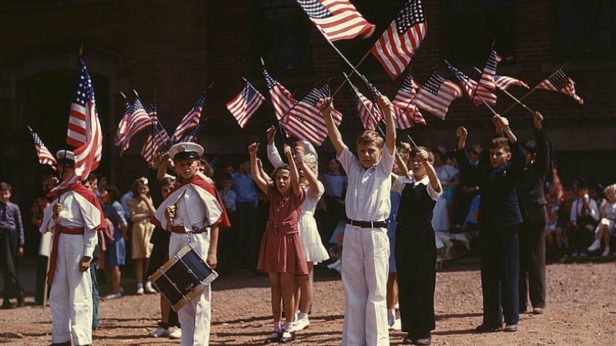
Explore issues of American identity, character, and citizenship with classic short stories.
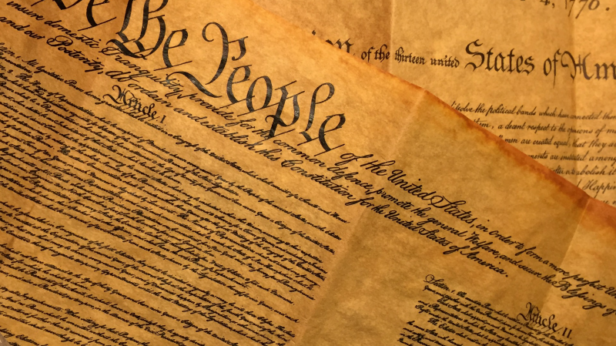
Explore the central ideas that have given shape to American democracy.
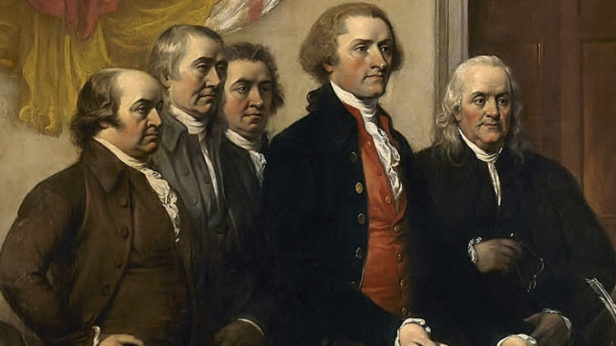
Engage key texts that have helped shape the political idea – and political ideals – of America.
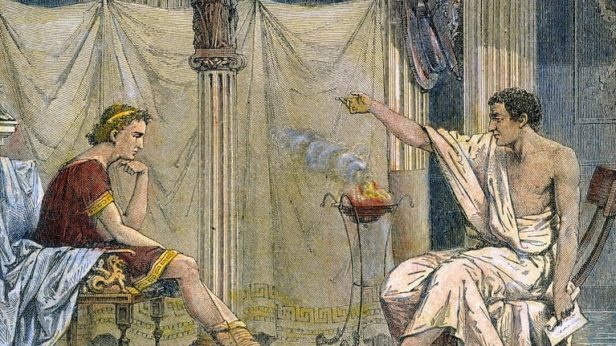
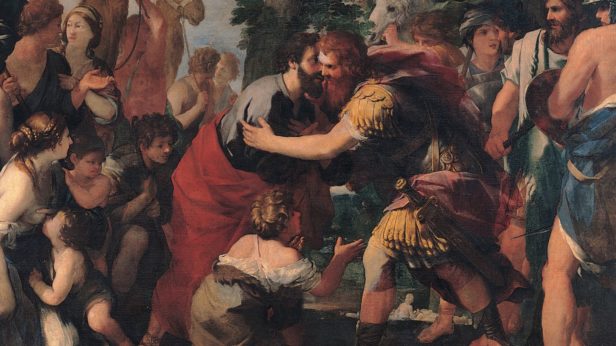
Explore the political teaching of the Book of Genesis.
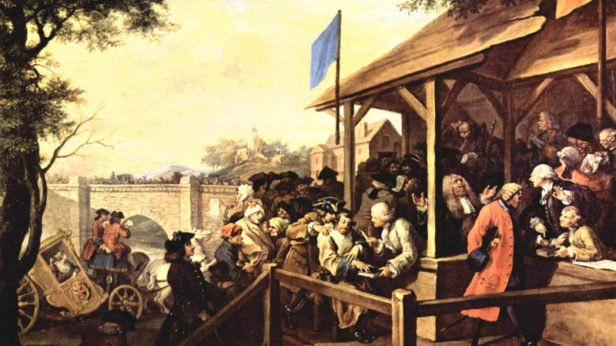
Explore the Anglo-American conservative political tradition through the writings of Edmund Burke.
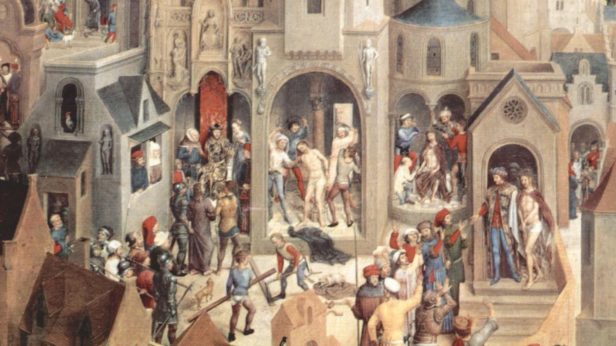
Examine the relationship of religion to politics through the work of canonical authors who wrestle with Biblical religion.
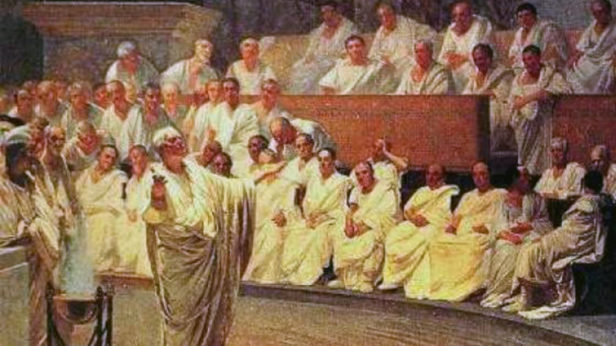
Reflect on the responsibility of citizens to cultivate and wield the power of political speech.
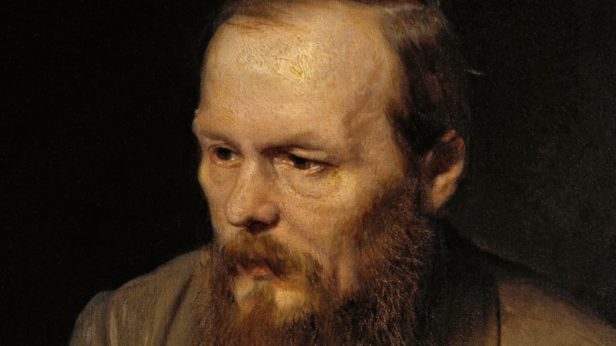
Study Dostoevsky's great novel on the nature, logic, and social origins of revolutionary politics.
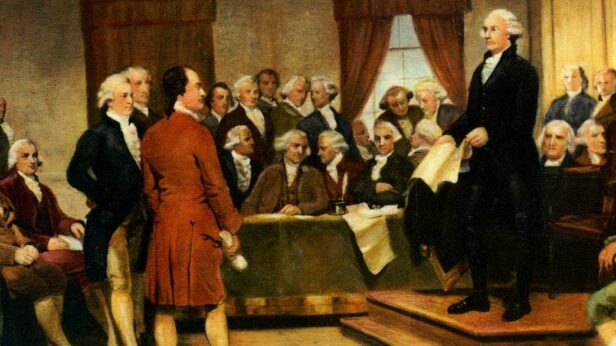
Evaluate the Constitutional Convention’s work through a close reading of The Federalist and the writings of the Anti-Federalists.
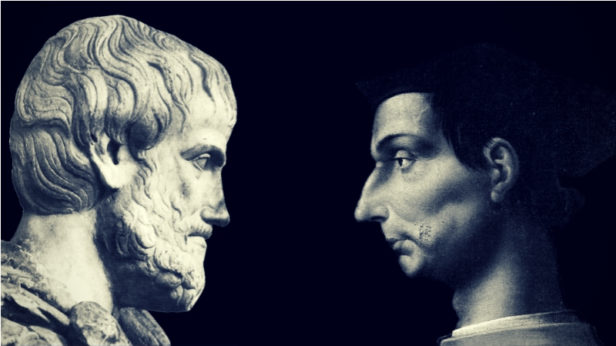
Explore the differences between ancient and modern political philosophy, with a focus on texts by Aristotle and Machiavelli.
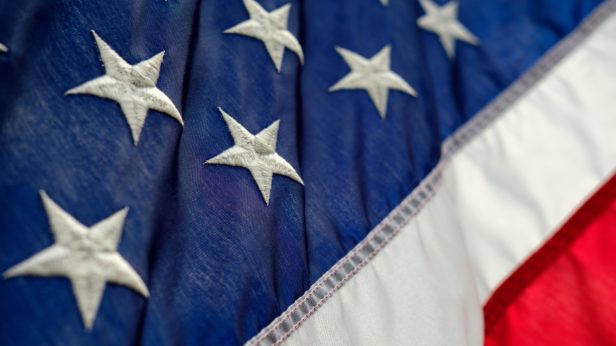
Explore the idea of American Exceptionalism, its meaning and implications for American politics.
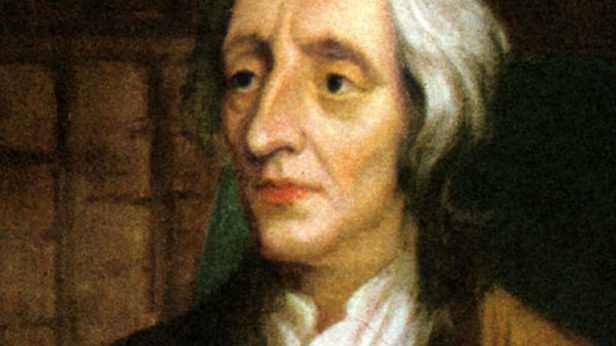
Study the principal political writings of John Locke, whose views on political liberty helped shape the U.S. Constitution.
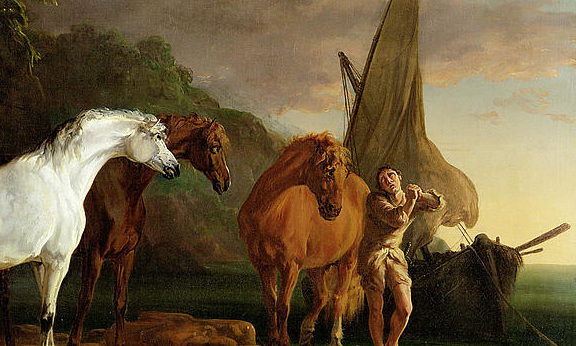
Revisit the quarrel between "the ancients and the moderns" and reflect on human nature with Swift's Gulliver's Travels.
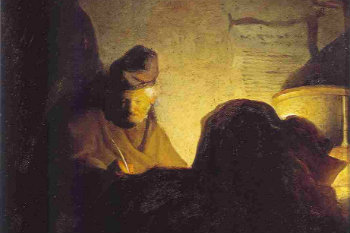
Consider the relationship of politics and philosophy through a close reading Leo Strauss’s Persecution and the Art of Writing.
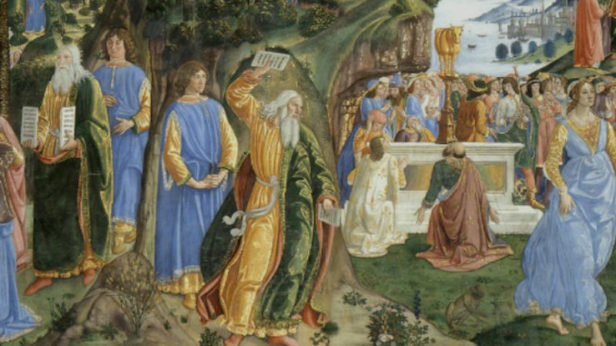
Explore the boundaries of politics from the perspective of the household and the divine.
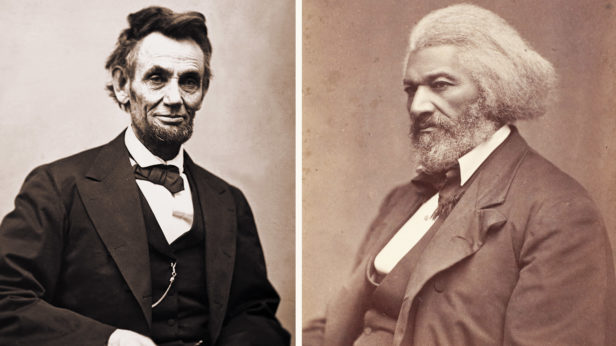
Reflect on the writings of Abraham Lincoln and Frederick Douglass -- and their crucial role in America’s confrontation with slavery.
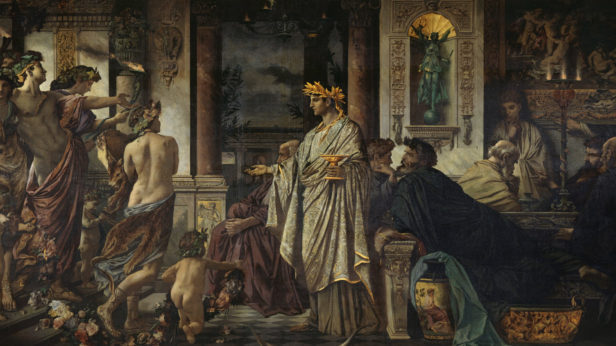
Explore the contributions of literature and rhetoric to the study of politics.
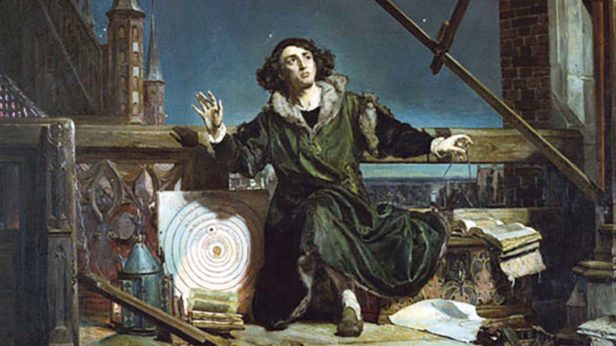
Reexamine the purpose of science, and the relationship between science, technology, and politics.
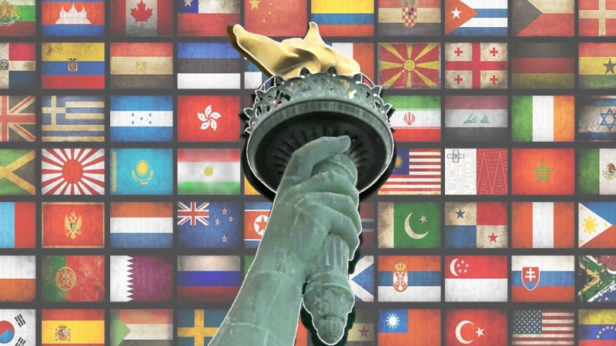
Understand the rise of nationalism and the crisis of liberal democracy.
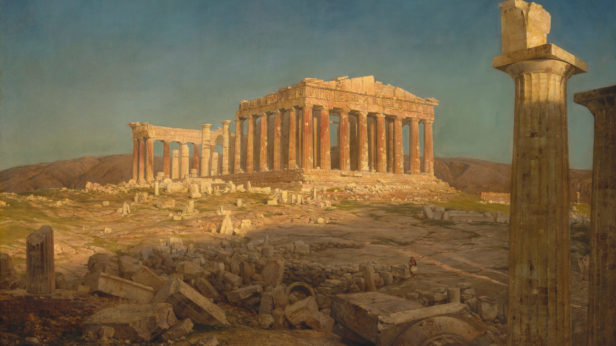
Study Plato’s Republic, perhaps the greatest work of political philosophy ever written.
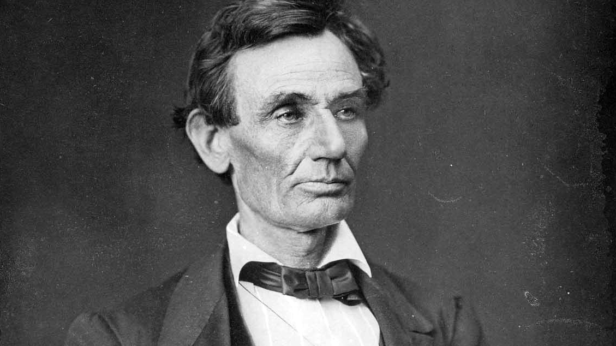
Understand Lincoln, not just as the greatest of presidents, but as a man of great ideas as well.
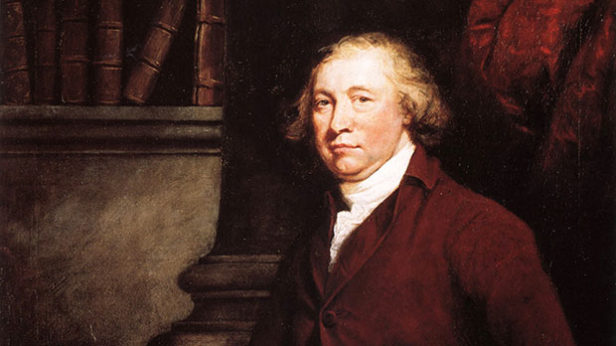
Study the work of Edmund Burke, the West’s first and arguably greatest conservative thinker.

Study this monumental work on race, identity, and citizenship in America.
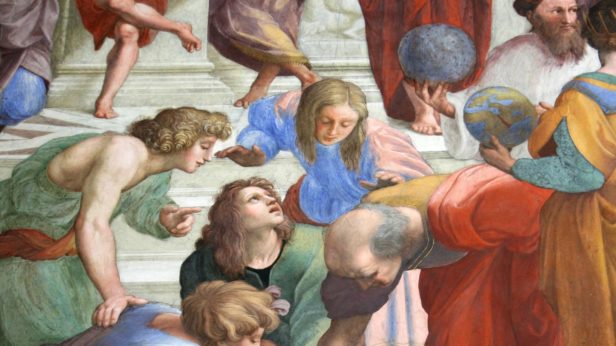
Explore the relation between the two highest kinds of knowledge—reason and faith.

Reflect on a novel rich with themes of politics, philosophy, religion, love, friendship, and death.
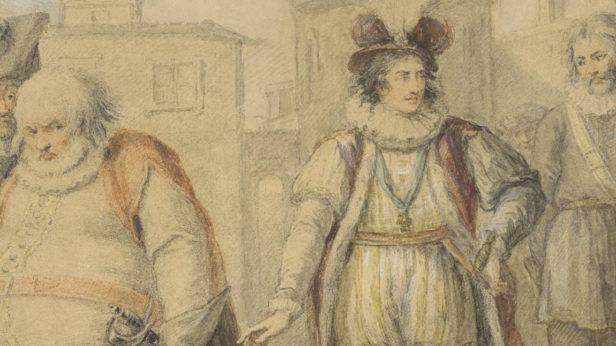
Explore the political and religious contexts of Shakespeare's plays.
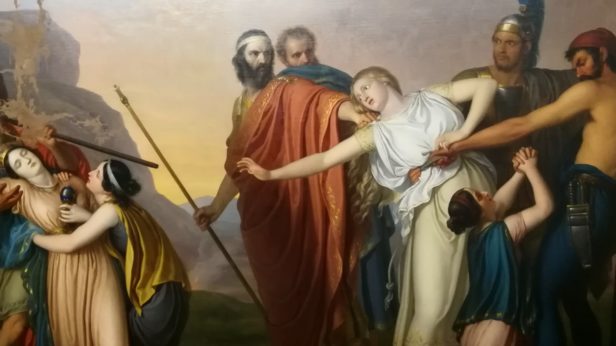
Consider the conflicting understandings of the familial, the divine, and the political, and their proper relationships through Antigone.
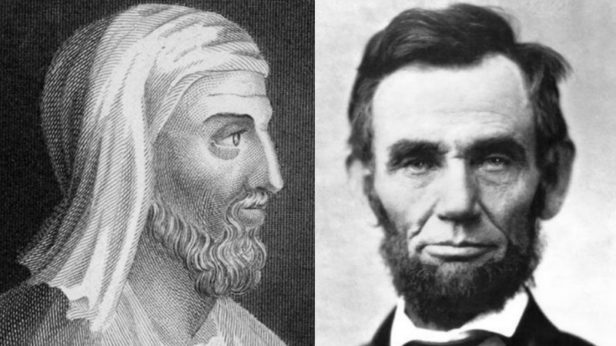
Examine the idea of statesmanship, through a classic text and the statecraft of Abraham Lincoln.
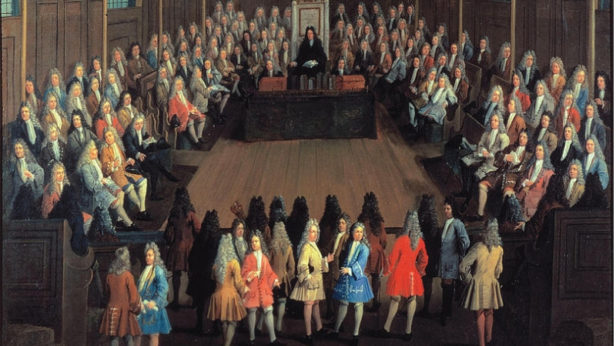
Study the intellectual roots of conservative thought, focusing on the works of Adam Smith and Edmund Burke.
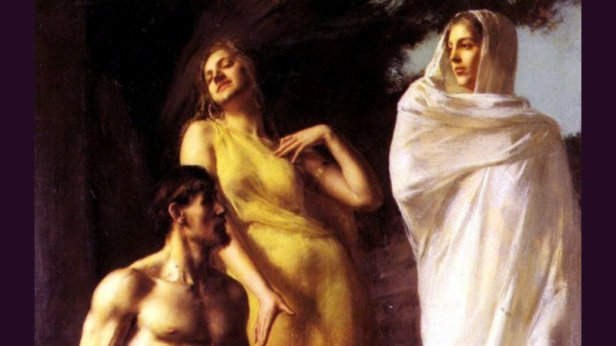
Consider the relationship of virtue to political power.
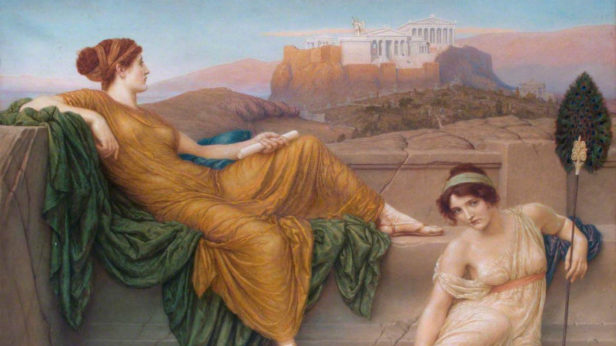
Reflect on the enduring value of liberal education and its importance for a free society.
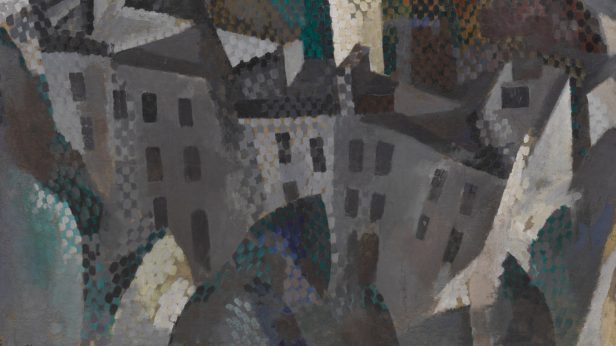
Reexamine liberal modernity, or that distinctive form of politics based on the natural freedom and equality of all.
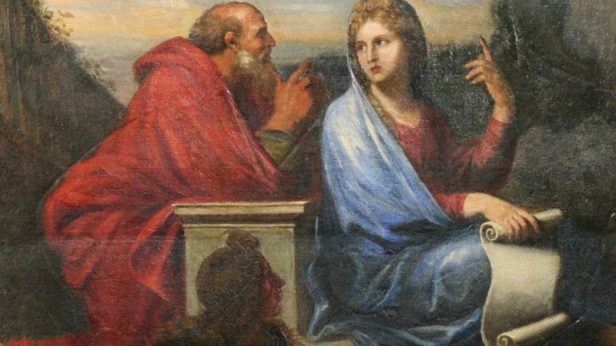
Explore the work of Leo Strauss, one of the twentieth century’s most consequential teachers and scholars of political philosophy.
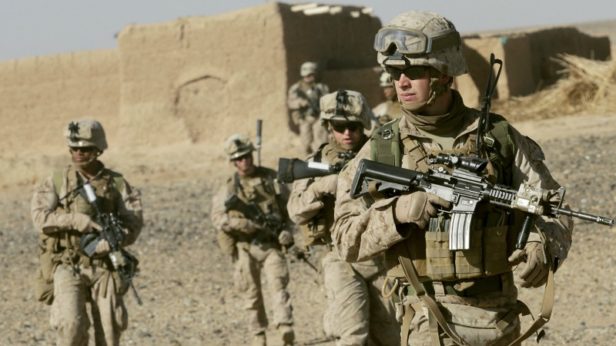
Examine the debates surrounding America’s campaign in Afghanistan.
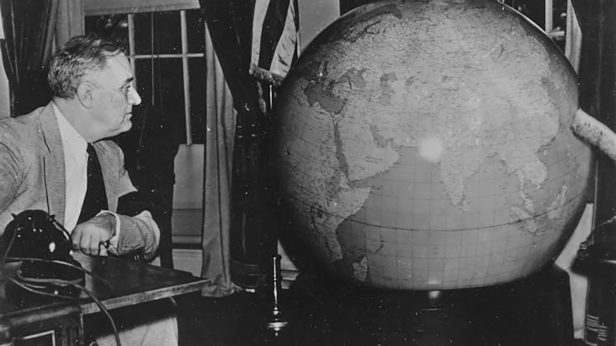
Consider the multiple, competing foreign policy crises America faces today.
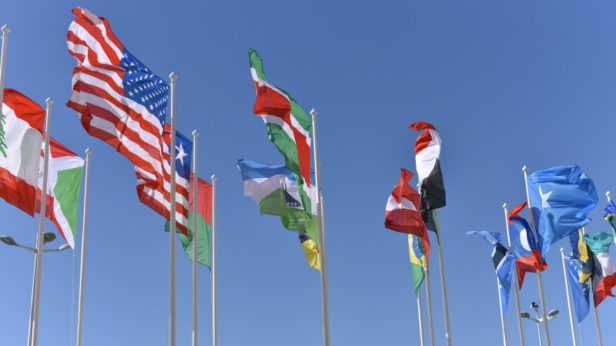
Examine the political and moral questions surrounding nationalism and nation-states.

Understand the Arab Spring and how, together with its aftermath, it has changed American priorities and strategies.
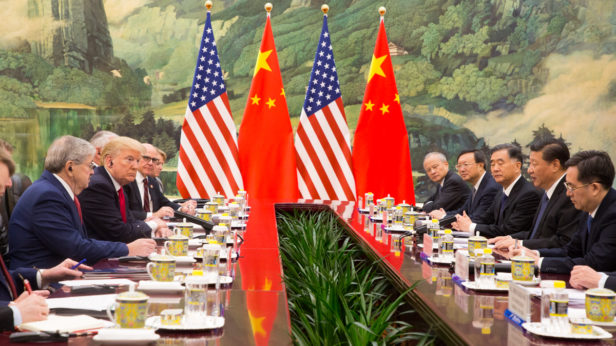
Explore the implications of China’s global rise for U.S. primacy and the liberal international order.
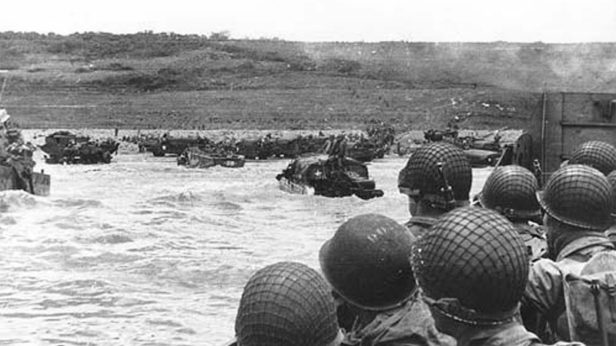
Study the 1944 D-Day landings in Normandy, France—one of the largest, most complex military operations in history.
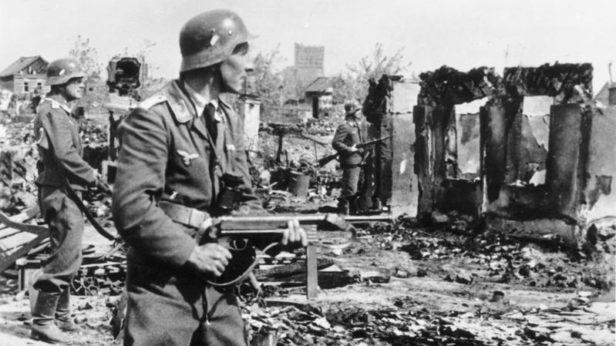
Examine one of the largest military conflicts in history – World War II’s Eastern Front.
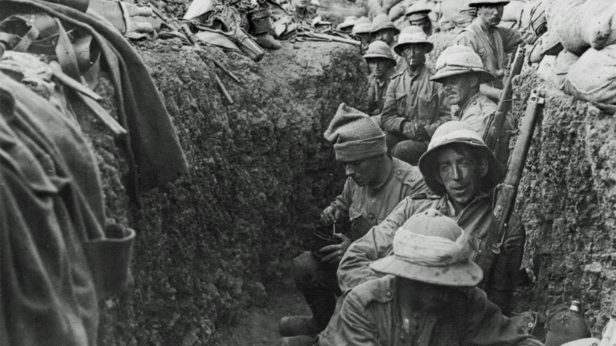
Reflect on the profound moral questions raised by war.
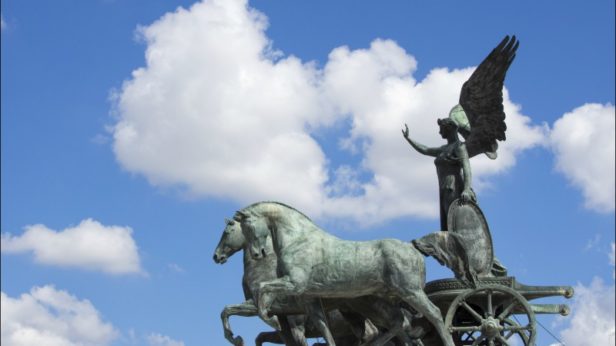
Assess grand strategic theory and practice in Thucydides and Plutarch.
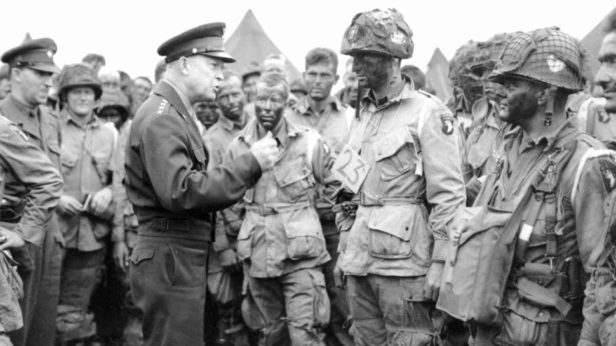
Explore different models and theories of generalship to understand what makes a good general.

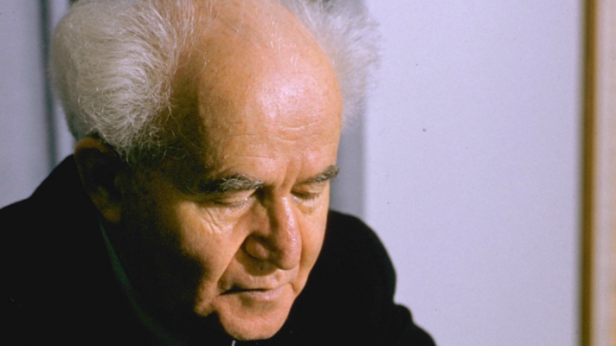
Assess the visionary leadership of David Ben-Gurion, founding father and first prime minister of Israel.
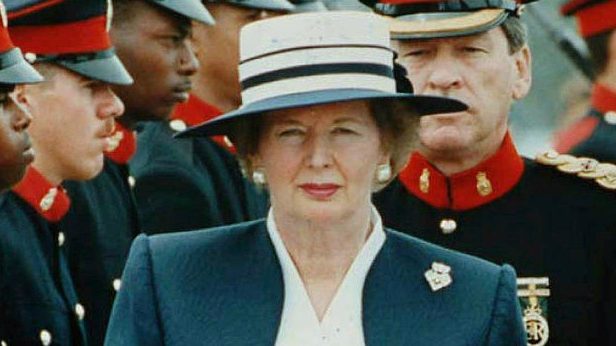
Learn how Margaret Thatcher, the Iron Lady of British politics, set Britain on a new course and helped end the Cold War.
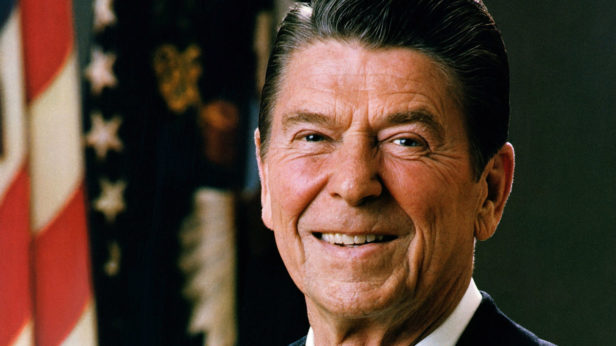
Chart the dramatic rise of the modern conservative movement by studying the political career of Ronald Reagan.
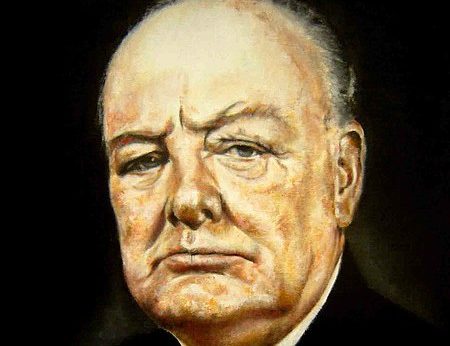
Consider the challenges of statesmanship through the words and deeds of Winston S. Churchill.
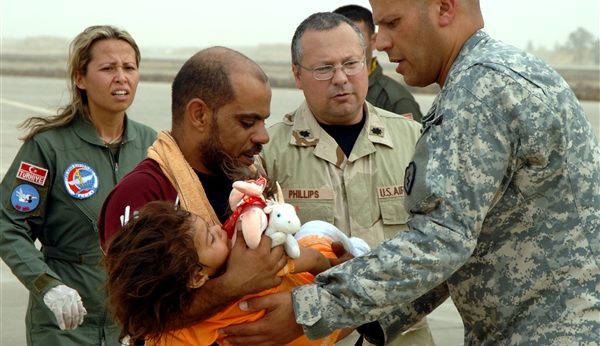
Examine the theory and practice of humanitarian intervention and peacekeeping operations.
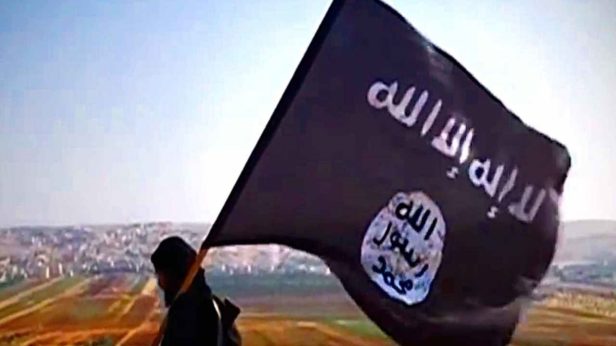
Explore major intellectual discussions underpinning the Salafi-jihadist ideology of al Qaeda and ISIS.
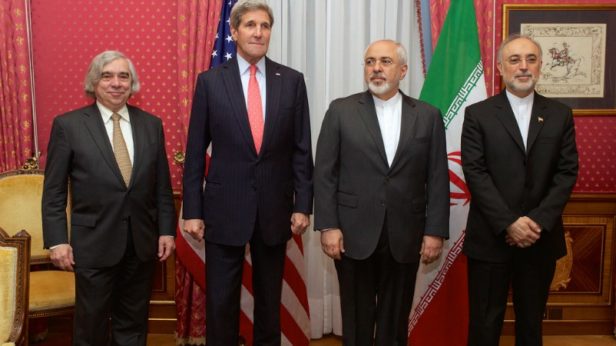
Consider the strategic options for dealing with Iran’s nuclear program.
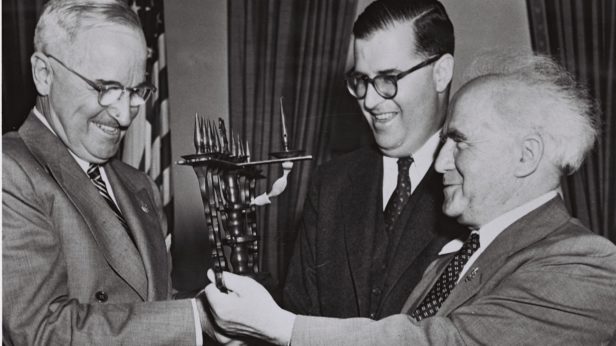
Explore the past, present, and future of the America-Israel strategic relationship.
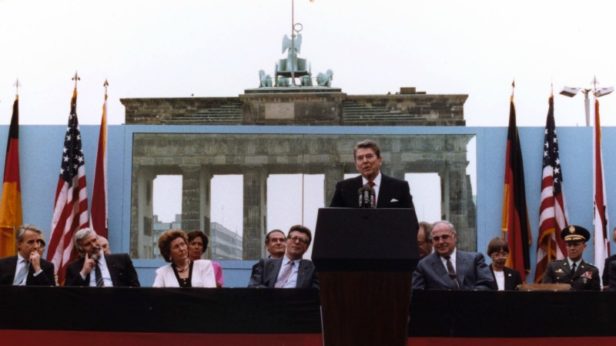
Study Soviet and American grand strategic thinking in the early Cold War.
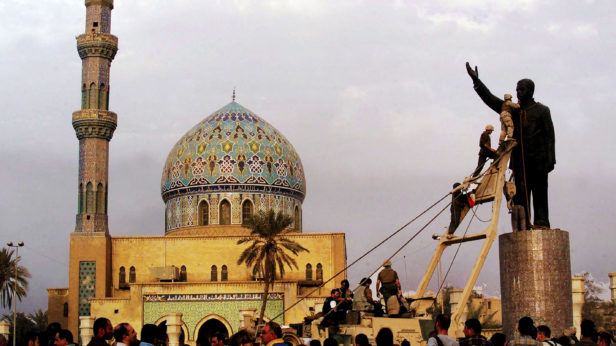
Examine how the United States grappled with the challenges presented by Iraq.
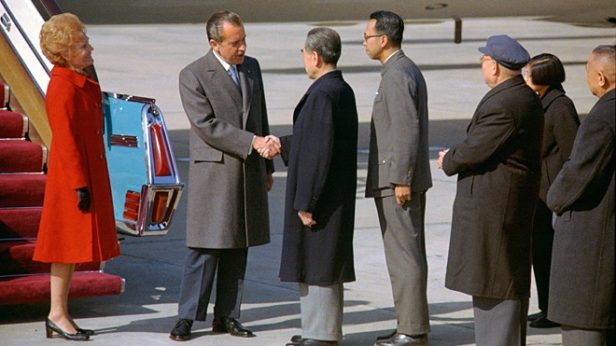
Study Nixon’s strategic opening to Beijing in 1972 and how it shaped U.S.-China relations today.
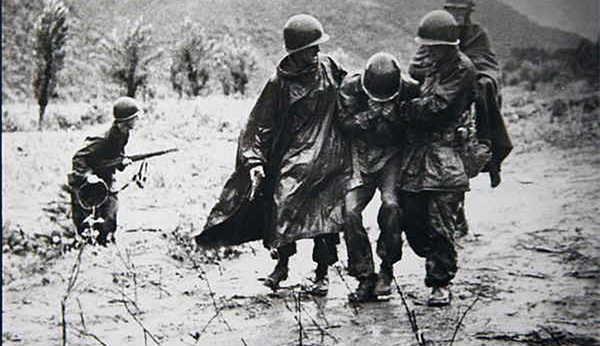
Explore the Korean War and the current situation in Korea and the Northeast Asia region.
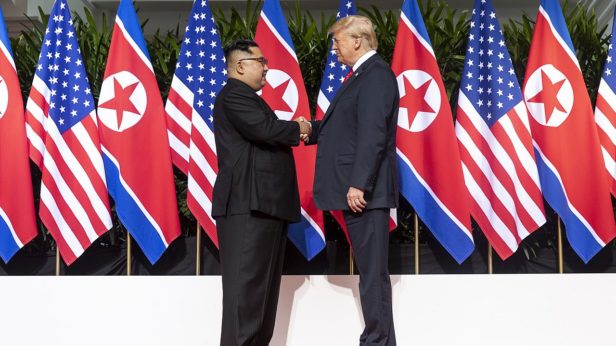
Consider the strategic options for dealing with North Korea.
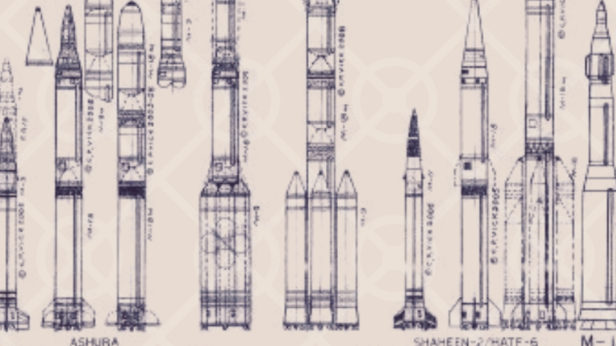
Explore the ways nuclear weapons have transformed the world we inhabit today.
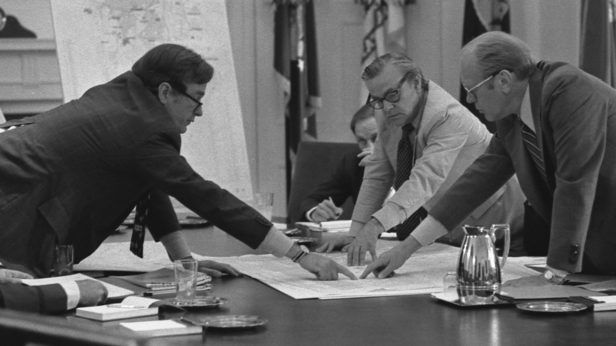
Analyze case studies to better understand presidential control over foreign policy and the meaning of executive power.
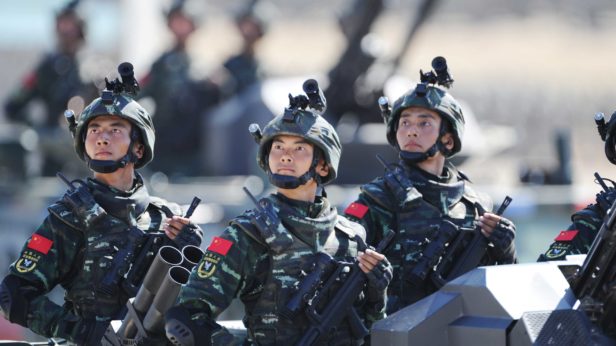
Explore the future of rising China and alternative U.S. policy approaches for coping with it.
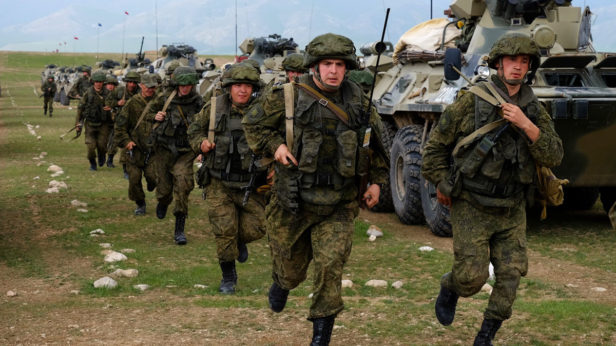
Study Russian hybrid warfare strategy and how the U.S. should counter Putin's expansionism.
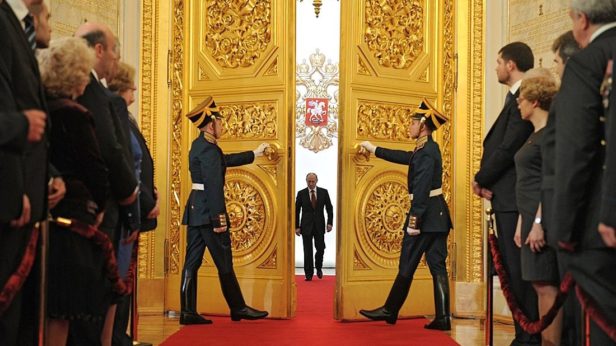
Examine U.S.-Russia relations since the end of the Cold War, with a view toward exploring where to go from here.
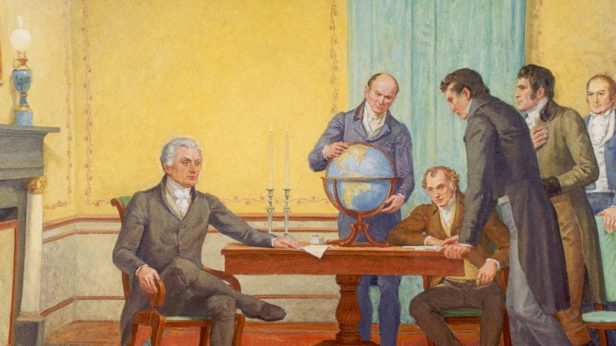
Study American strategic culture, and the factors that influence when and how the United States uses military power.
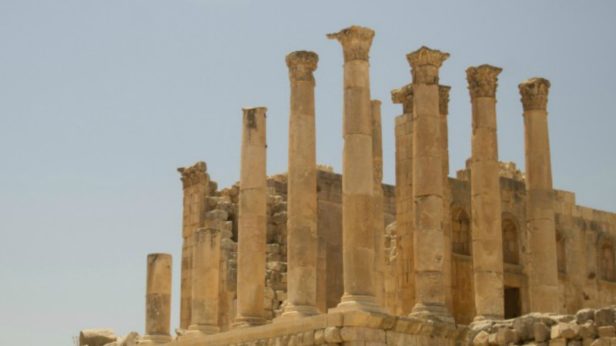
Study the Peloponnesian War with renowned classicist and historian Donald Kagan.
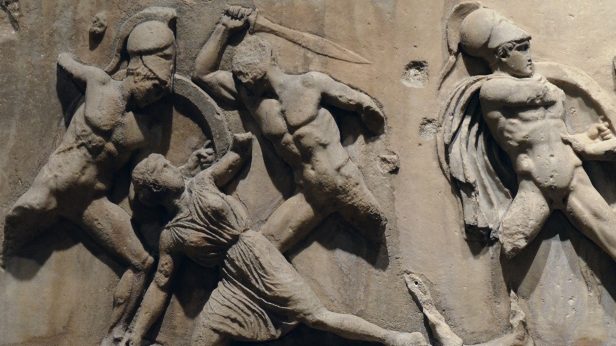
Read Thucydides as a series of case studies, setting up a discussion of contemporary strategic problems.
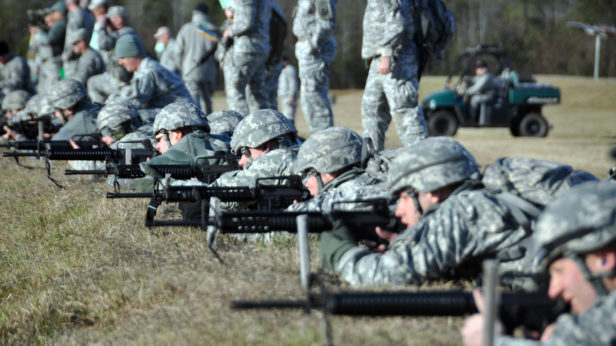
Chart the U.S. Army's transition from conscription to an all-volunteer force.
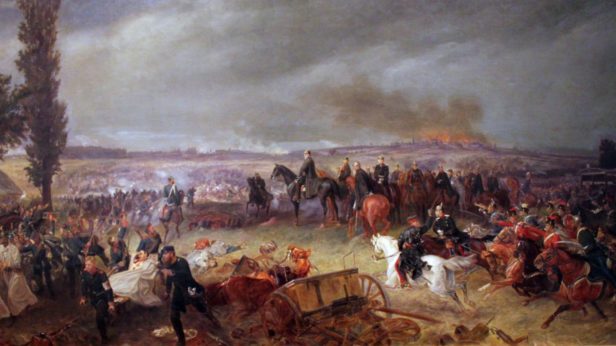
Understand war through close study of the thought and life of Clausewitz.
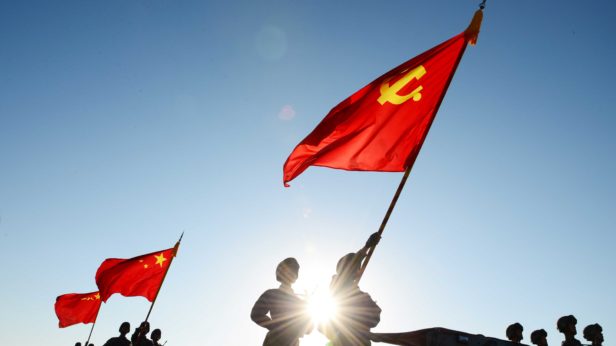
Take an in-depth look at the new era of strategic competition between the United States and China.
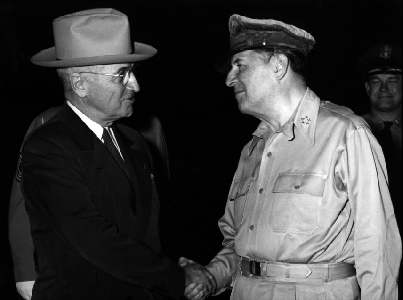
Explore the theory and practice of civil-military relations in the 20th century.
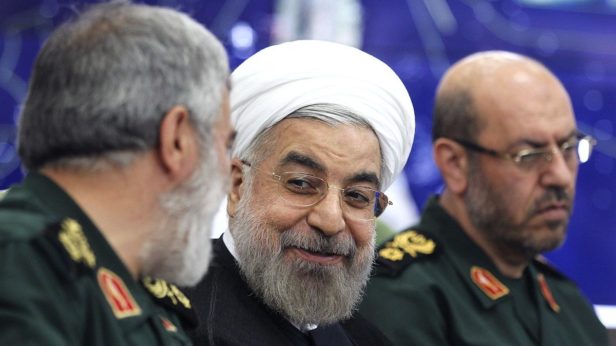
Explore the challenges Iran presents to the United States, from its nuclear program to its regional ambitions.
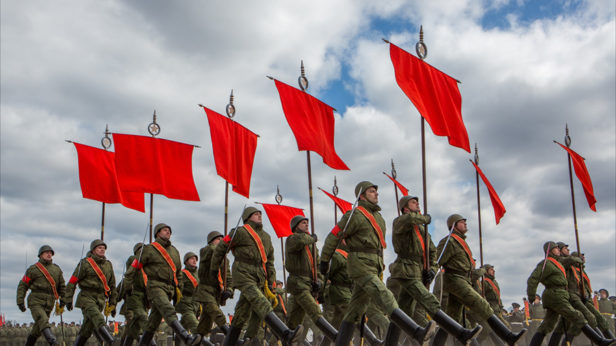
Consider the nature of the Russian challenge to the United States.
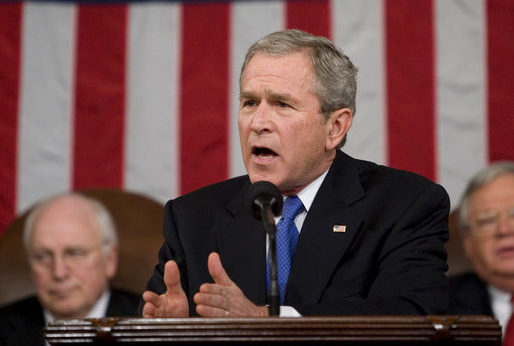
Examine key strategic decisions during one of the most dynamic confrontations of the late 20th and early 21st centuries: the U.S. and Iraq.
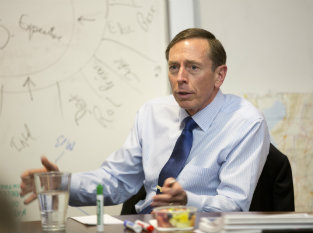
Learn the theory, practice, organization, and control of war and military forces.
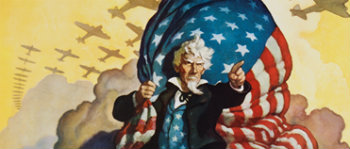
Explore the nature of the world order and America’s role in shaping it.
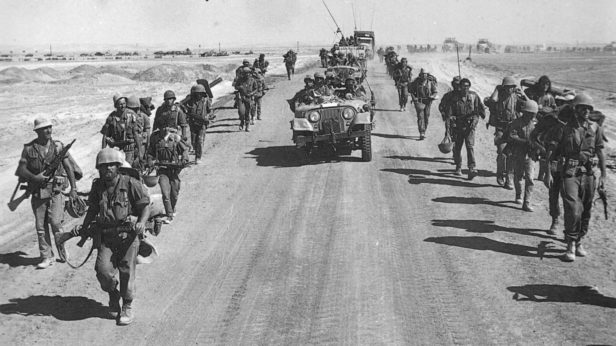
Explore the Yom Kippur War, one of the great understudied hinge points of history.
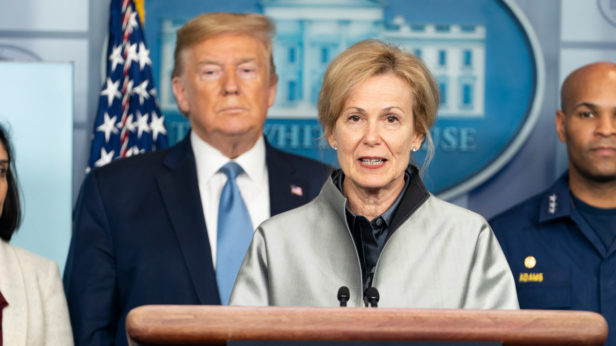
Examine case studies in American history to better understand presidential crisis management.

Explore the intersection of theory and practice in our national politics, and particularly in our key economic debates.

Understand the biotechnology revolution and what it means for ethics and politics.

Consider the impact of the Internet on our political discourse and associational life.
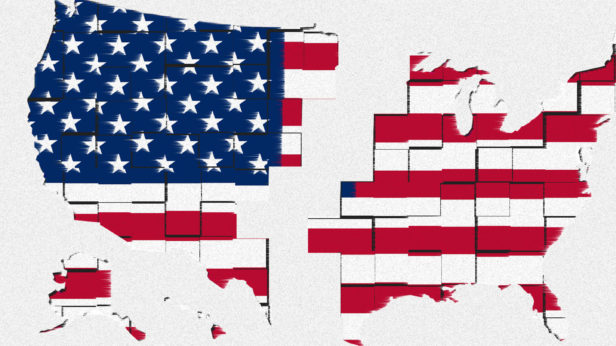
Investigate the debate over parties by examining their nature and role in American political life.
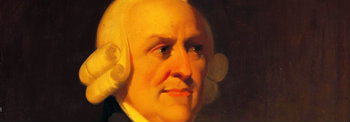
Explore the relationship between capitalism and democracy.
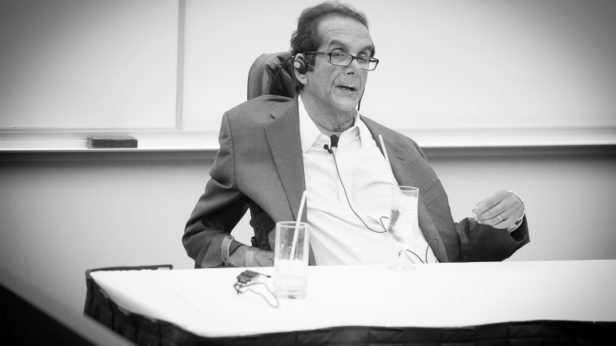
Study the writing and life of one of America's most prominent conservative thinkers.
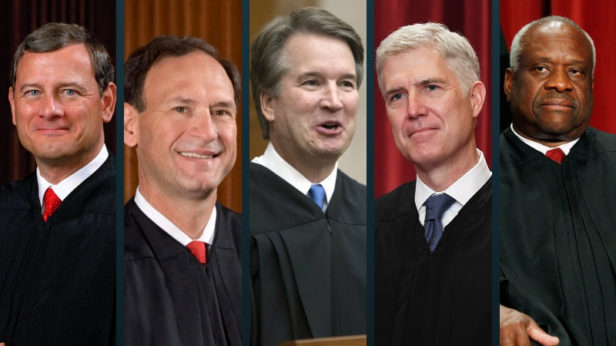
Explore the debates within conservative legal thought on the courts and the Constitution.

Study how public policy is made and implemented in the United States.

Examine the challenges of regulatory growth for limited government.
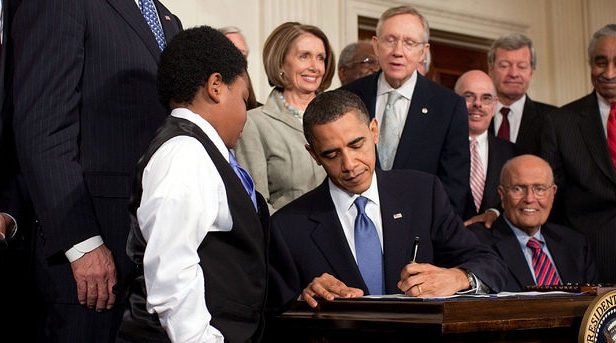
Understand the state of U.S. health care policy and the possibilities for reform.
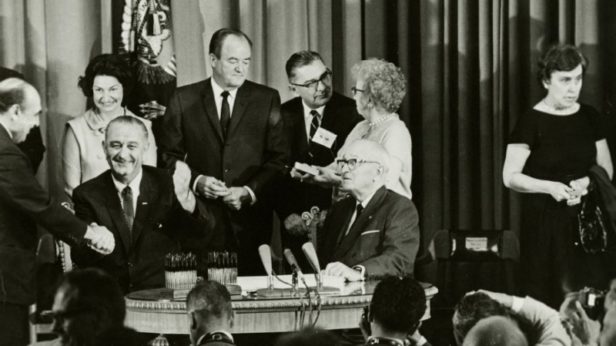
Examine the theoretical roots and foundations of social welfare policy, particularly as it pertains to health care.
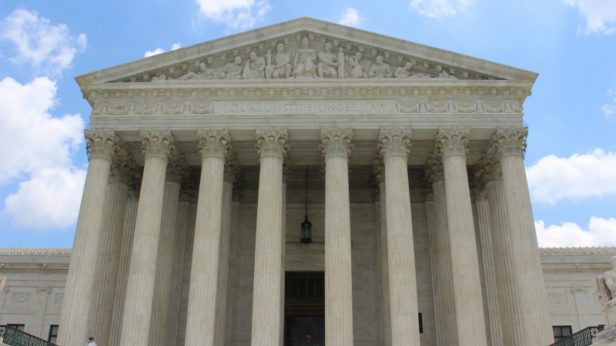
Study five landmark Supreme Court cases with a view to exploring how politics and law interact.

Study the two great rival partisan interpretations of liberal democracy in America.
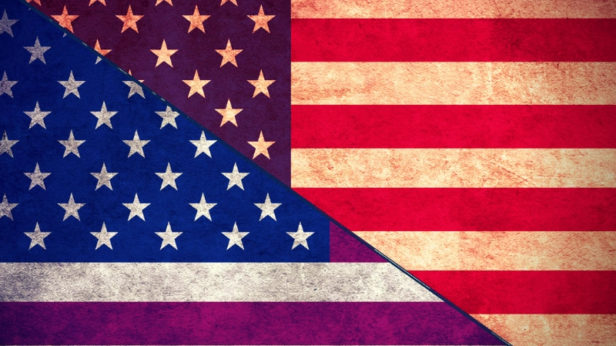
Explore how societal trends and political parties have reshaped the character of America's partisan attachments.
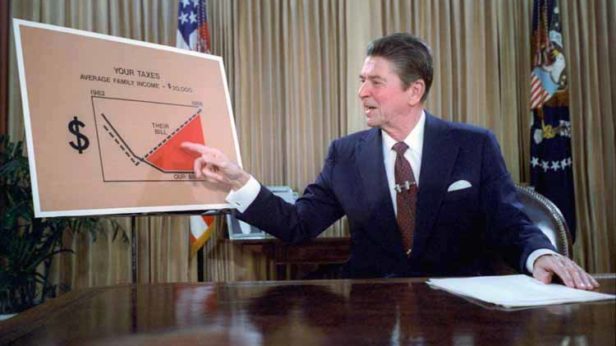
Study the influence of ideas in four areas of policy contention—taxation, regulation, welfare, and abortion.
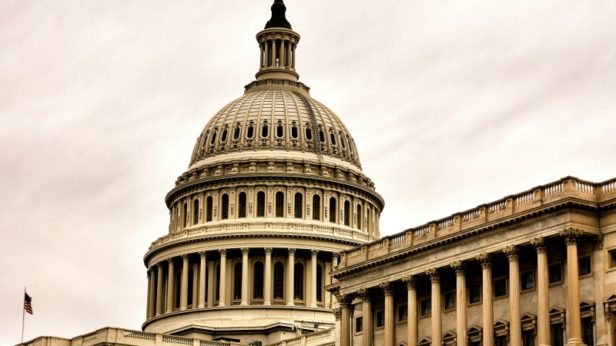
Examine three fundamental changes in American government and the political roots of these changes.
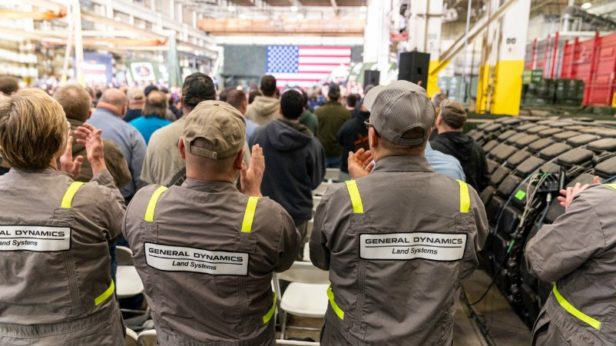
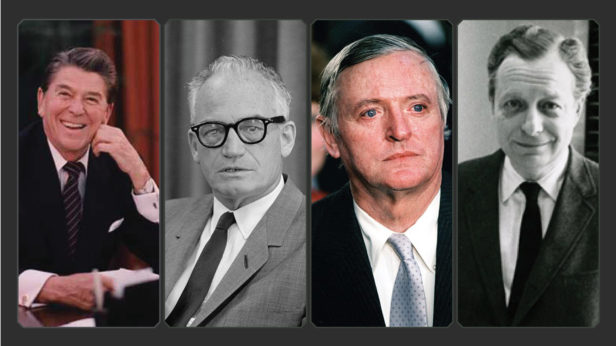
Discover the intellectual roots of modern conservatism.

Study how public policy is made and implemented in the United States.

Explore the boundaries of politics from the perspective of the household and the divine.

Study American strategic culture, and the factors that influence when and how the United States uses military power.

Understand the biotechnology revolution and what it means for ethics and politics.

Understand the Arab Spring and how, together with its aftermath, it has changed American priorities and strategies.

Examine the challenges of regulatory growth for limited government.

Consider the relationship of politics and philosophy through a close reading Leo Strauss’s Persecution and the Art of Writing.

Explore the nature of the world order and America’s role in shaping it.

Examine the broad challenges to American greatness, today and in the future.

Evaluate the Constitutional Convention’s work through a close reading of The Federalist and the writings of the Anti-Federalists.

Explore the idea of American Exceptionalism, its meaning and implications for American politics.

Reexamine the purpose of science, and the relationship between science, technology, and politics.

Study the influence of ideas in four areas of policy contention—taxation, regulation, welfare, and abortion.

Examine three fundamental changes in American government and the political roots of these changes.

Explore the central ideas that have given shape to American democracy.

Explore the relationship between capitalism and democracy.

Examine the political and moral questions surrounding nationalism and nation-states.

Examine one of the largest military conflicts in history – World War II’s Eastern Front.

Understand the state of U.S. health care policy and the possibilities for reform.

Examine the theory and practice of humanitarian intervention and peacekeeping operations.

Explore the relation between the two highest kinds of knowledge—reason and faith.

Explore the future of rising China and alternative U.S. policy approaches for coping with it.

Examine the debates surrounding America’s campaign in Afghanistan.

Examine the relationship of religion to politics through the work of canonical authors who wrestle with Biblical religion.

Reflect on the profound moral questions raised by war.

Explore the past, present, and future of the America-Israel strategic relationship.

Examine how the United States grappled with the challenges presented by Iraq.

Understand Lincoln, not just as the greatest of presidents, but as a man of great ideas as well.

Chart the U.S. Army's transition from conscription to an all-volunteer force.

Assess the visionary leadership of David Ben-Gurion, founding father and first prime minister of Israel.

Learn how Margaret Thatcher, the Iron Lady of British politics, set Britain on a new course and helped end the Cold War.

Chart the dramatic rise of the modern conservative movement by studying the political career of Ronald Reagan.

Consider the challenges of statesmanship through the words and deeds of Winston S. Churchill.

Consider the strategic options for dealing with Iran’s nuclear program.

Study the two great rival partisan interpretations of liberal democracy in America.

Study Soviet and American grand strategic thinking in the early Cold War.

Reexamine liberal modernity, or that distinctive form of politics based on the natural freedom and equality of all.

Explore the theory and practice of civil-military relations in the 20th century.

Explore different models and theories of generalship to understand what makes a good general.

Explore major intellectual discussions underpinning the Salafi-jihadist ideology of al Qaeda and ISIS.

Study the principal political writings of John Locke, whose views on political liberty helped shape the U.S. Constitution.

Study five landmark Supreme Court cases with a view to exploring how politics and law interact.

Study Plato’s Republic, perhaps the greatest work of political philosophy ever written.

Study the work of Edmund Burke, the West’s first and arguably greatest conservative thinker.

Explore the work of Leo Strauss, one of the twentieth century’s most consequential teachers and scholars of political philosophy.

Explore the Anglo-American conservative political tradition through the writings of Edmund Burke.

Study the 1944 D-Day landings in Normandy, France—one of the largest, most complex military operations in history.


Explore the contributions of literature and rhetoric to the study of politics.

Explore the Korean War and the current situation in Korea and the Northeast Asia region.

Consider the strategic options for dealing with North Korea.

Examine the idea of statesmanship, through a classic text and the statecraft of Abraham Lincoln.
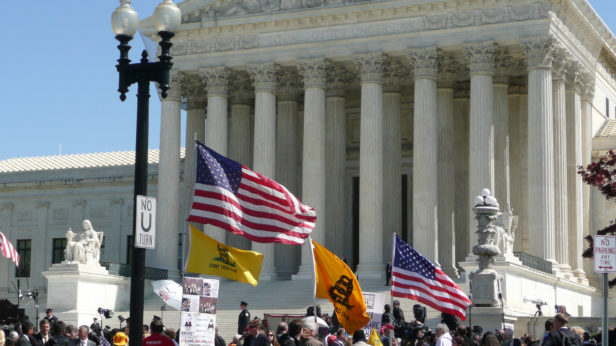
Study two landmark cases from a momentous Supreme Court term.


Examine key strategic decisions during one of the most dynamic confrontations of the late 20th and early 21st centuries: the U.S. and Iraq.

Reflect on the enduring value of liberal education and its importance for a free society.

Explore the political teaching of the Book of Genesis.

Consider the impact of the Internet on our political discourse and associational life.

Study the writing and life of one of America's most prominent conservative thinkers.

Reflect on the responsibility of citizens to cultivate and wield the power of political speech.

Explore the differences between ancient and modern political philosophy, with a focus on texts by Aristotle and Machiavelli.

Understand the rise of nationalism and the crisis of liberal democracy.

Explore the ways nuclear weapons have transformed the world we inhabit today.

Study Russian hybrid warfare strategy and how the U.S. should counter Putin's expansionism.

Understand war through close study of the thought and life of Clausewitz.

Take an in-depth look at the new era of strategic competition between the United States and China.

Discover the intellectual roots of modern conservatism.

Examine case studies in American history to better understand presidential crisis management.

Explore the intersection of theory and practice in our national politics, and particularly in our key economic debates.

Investigate the debate over parties by examining their nature and role in American political life.

Explore the implications of China’s global rise for U.S. primacy and the liberal international order.

Study Nixon’s strategic opening to Beijing in 1972 and how it shaped U.S.-China relations today.

Explore how societal trends and political parties have reshaped the character of America's partisan attachments.

Analyze case studies to better understand presidential control over foreign policy and the meaning of executive power.

Explore the political and religious contexts of Shakespeare's plays.

Consider the conflicting understandings of the familial, the divine, and the political, and their proper relationships through Antigone.

Take an in-depth look at the new era of strategic competition between the United States and China.

Explore the challenges Iran presents to the United States, from its nuclear program to its regional ambitions.

Consider the nature of the Russian challenge to the United States.

Consider the relationship of virtue to political power.

Explore the Yom Kippur War, one of the great understudied hinge points of history.

Consider the multiple, competing foreign policy crises America faces today.

Engage key texts that have helped shape the political idea – and political ideals – of America.

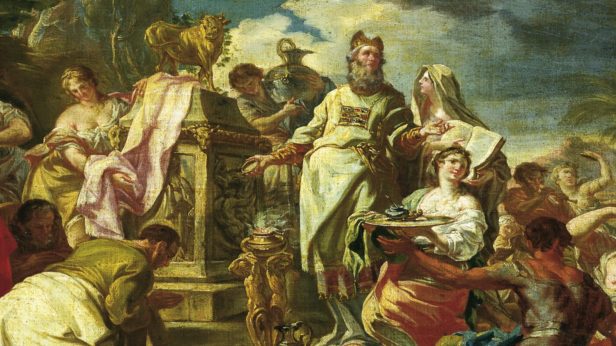
Explore the biblical view of the human condition with readings from Genesis and Exodus.
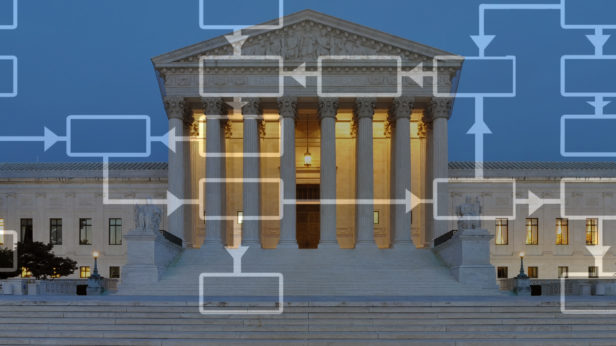
Learn how policy is translated through the administrative state and the courts.
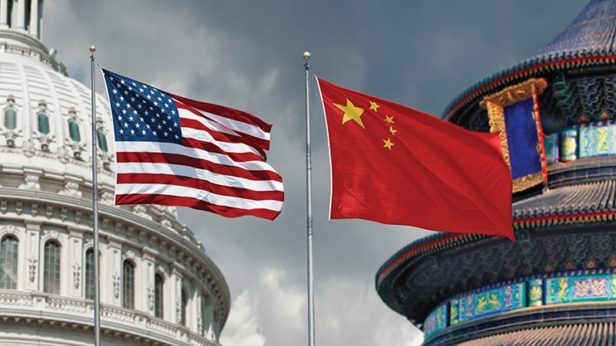
Explore contemporary views on U.S.-China strategic competition alongside a variety of prominent instructors.

Study Dostoevsky's great novel on the nature, logic, and social origins of revolutionary politics.
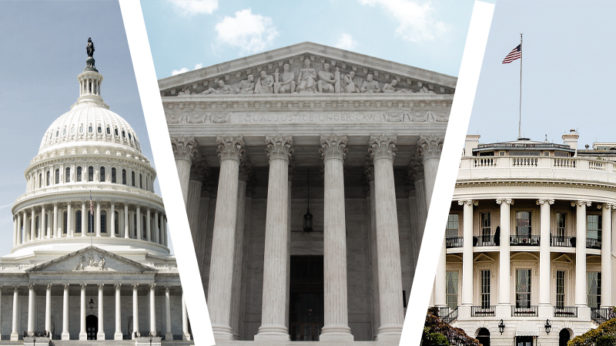
Consider The Federalist Papers anew through the lens of current events.
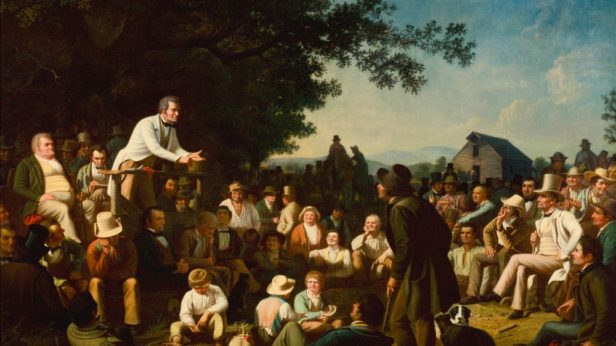
Situate the classic debate over free speech in both historical and contemporary context.
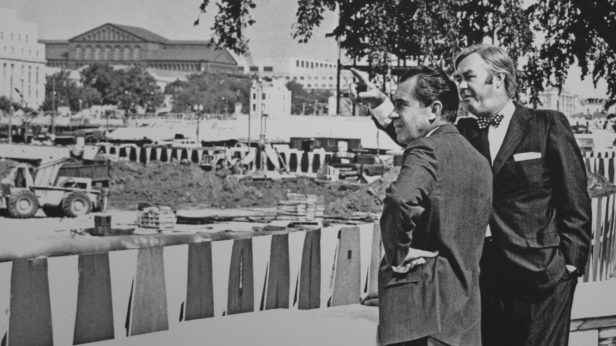
Examine the influence of ideas in some of our key policy debates.

Revisit the quarrel between "the ancients and the moderns" and reflect on human nature with Swift's Gulliver's Travels.

Reflect on the writings of Abraham Lincoln and Frederick Douglass -- and their crucial role in America’s confrontation with slavery.
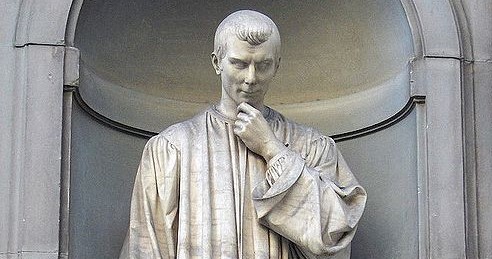
Study the classic treatise that brought Machiavelli fame—and infamy.

Study this monumental work on race, identity, and citizenship in America.
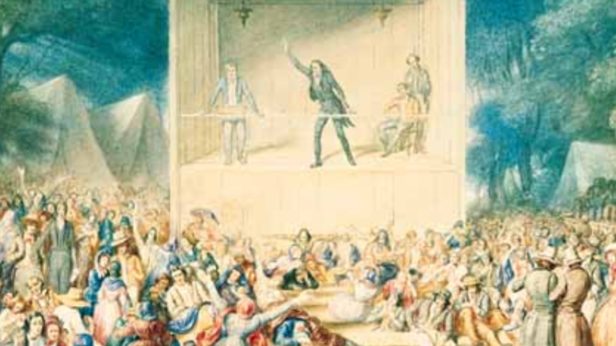

Reflect on a novel rich with themes of politics, philosophy, religion, love, friendship, and death.
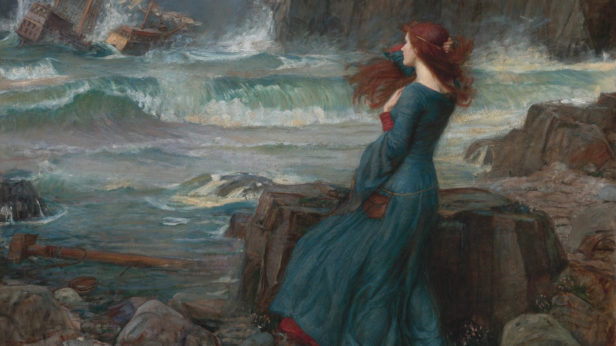
Meditate on the nature of political authority with one of Shakespeare's greatest plays.
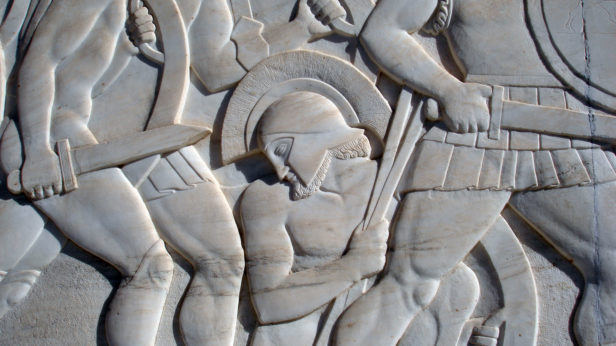
Read Thucydides as a series of case studies, setting up a discussion of contemporary strategic problems.

Take an in-depth look at the new era of strategic competition between the United States and China.

Explore the challenges Iran presents to the United States, from its nuclear program to its regional ambitions.

Consider the nature of the Russian challenge to the United States.
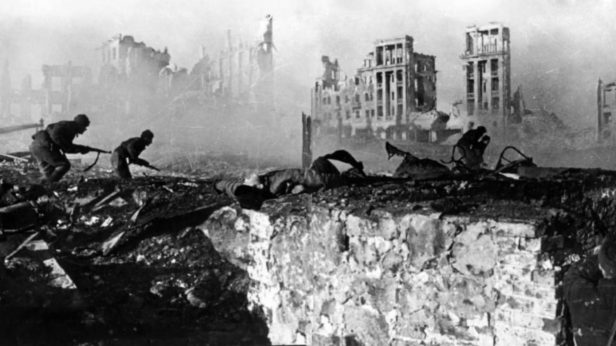
Read the novel known as the Soviet War & Peace, and reflect on the nature of totalitarianism.
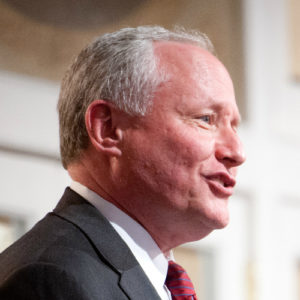
William Kristol
William Kristol is editor at large of the Weekly Standard , which, together with Fred Barnes and John Podhoretz, he founded in 1995. Mr. Kristol has served as chief of staff to the Vice President of the United States and to the Secretary of Education.
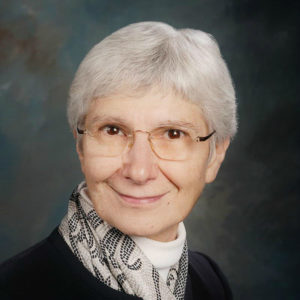
Amy A. Kass
Amy Apfel Kass (1940 – 2015) was a senior fellow at the Hudson Institute, Senior Lecturer Emerita in the humanities at the University of Chicago, and coeditor of What So Proudly We Hail: The American Soul in Story, Speech, and Song. She was an award-winning teacher of classic texts.
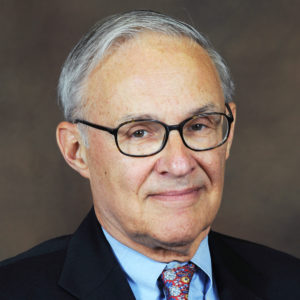
Leon R. Kass
Leon R. Kass, M.D., is the Addie Clark Harding Professor Emeritus in the Committee on Social Thought and the College at the University of Chicago and the Madden-Jewett Chair at AEI. He was the chairman of the President’s Council on Bioethics from 2001 to 2005. He has been engaged for more than 40 years with ethical and philosophical issues raised by biomedical advances and, more recently, with broader moral and cultural issues.
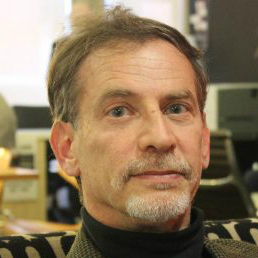
Darren Staloff
Darren Staloff is Professor of History at the City College of New York and the Graduate Center of the City University of New York. Professor Staloff has published numerous papers and reviews on the subject of early American history.
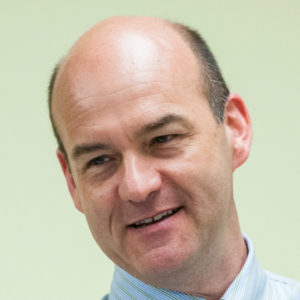
Robert C. Bartlett
Robert C. Bartlett is the Behrakis Professor of Hellenic Political Studies at Boston College. His principal area of research is classical political philosophy, with particular attention to the thinkers of ancient Hellas, including Thucydides, Plato, and Aristotle. He is the co-translator of a new edition of Aristotle’s Nicomachean Ethics.
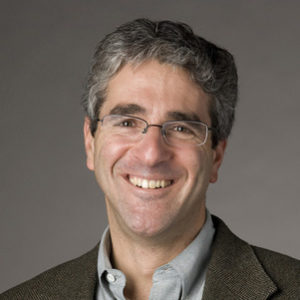
Laurence Cooper
Laurence Cooper is Professor of Political Science at Carleton College. Most of his research has addressed the question of human flourishing—what it is, how we can know what it is, what it requires from education and politics, and the risks that arise from misunderstanding it.
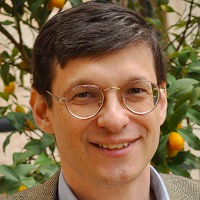
Yoram Hazony
Yoram Hazony is an Israeli philosopher, Bible scholar, and political theorist. He is President of the Herzl Institute in Jerusalem, and Director of the John Templeton Foundation’s project in Jewish Philosophical Theology. His books include The Virtue of Nationalism and The Philosophy of Hebrew Scripture.
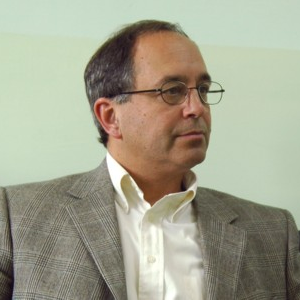
Joshua Mitchell
Joshua Mitchell is professor of political theory at Georgetown University. His research interest lies in the relationship between political thought and theology in the West.
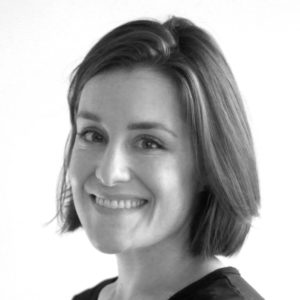
Mary Elizabeth Halper
Mary Elizabeth Halper is the Associate Director at the Hertog Foundation. She graduated with B.A.s in Philosophy and in Classics from the University of Dallas and has since been devoted to liberal education in various forms. She earned her Ph.D. in Philosophy from the Catholic University of America, where she defended a dissertation on the political philosophy of Plato’s Protagoras and Gorgias.

Diana Schaub
Diana J. Schaub is Professor of Political Science at Loyola University Maryland and a member of the Hoover Institution’s task force on The Virtues of a Free Society. From 2004 to 2009 she was a member of the President’s Council on Bioethics.
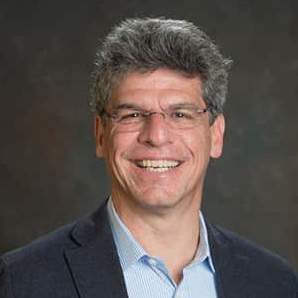
Jacob Howland
Jacob Howland is McFarlin Professor of Philosophy Emeritus at the University of Tulsa. He has written about Plato, Aristotle, Xenophon, Kierkegaard, the Talmud, the Holocaust, ideological tyranny, and other subjects. His most recent book is Glaucon’s Fate: History, Myth, and Character in Plato’s Republic.
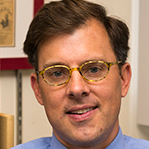
Flagg Taylor
Flagg Taylor is an Associate Professor of Government at Skidmore College. He is editor most recently of The Long Night of the Watchman: Essays by Václav Benda, 1977–1989. He is currently writing a book on Czech dissent in the 1970s and 1980s.
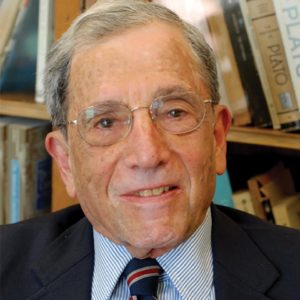
Ralph Lerner
Ralph Lerner is the Benjamin Franklin Professor Emeritus in the College and professor emeritus in the Committee on Social Thought at the University of Chicago. He is the author, most recently, of Naïve Readings: Reveilles Political and Philosophic (University of Chicago Press).

Robert Barlett
Robert C. Bartlett is the Behrakis Professor of Hellenic Political Studies at Boston College. His principal area of research is classical political philosophy, with particular attention to the thinkers of ancient Hellas, including Thucydides, Plato, and Aristotle. He is the co-translator of a new edition of Aristotle’s Nicomachean Ethics.
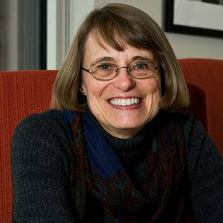
Vickie Sullivan
Vickie Sullivan is the Cornelia M. Jackson Professor of Political Science and teaches and studies political thought and philosophy. She also maintains teaching and research interests in politics and literature. She has published extensively on Montesquieu and Machiavelli and is the co-editor of Shakespeare’s Political Pageant.
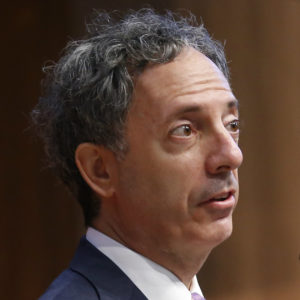
Peter Berkowitz
Peter Berkowitz is the Tad and Dianne Taube Senior Fellow at the Hoover Institution, Stanford University. He studies and writes about, among other things, constitutional government, conservatism and progressivism in America, liberal education, national security and law, and Middle East politics.

Ryan P. Hanley
Ryan Patrick Hanley is Professor of Political Science at Boston College. His research in the history of political philosophy focuses on the Enlightenment. He is the author of Our Great Purpose: Adam Smith on Living a Better Life and Love’s Enlightenment: Rethinking Charity in Modernity.
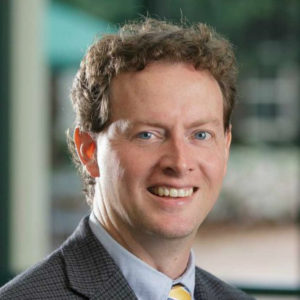
Benjamin Storey
Benjamin Storey is Associate Professor of Politics and International Affairs at Furman University. His interests focus on the history of political philosophy. He is currently completing a book entitled The Restless Age: Four French Thinkers on the Quest for Self-Understanding in an Unsettled Modernity.
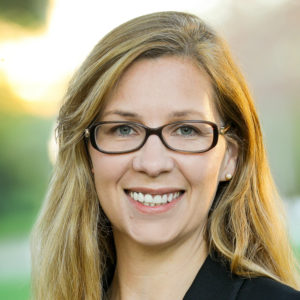
Jenna Silber Storey
Jenna Silber Storey is Assistant Professor in Politics and International Affairs at Furman University and Executive Director of Furman’s Tocqueville Program. She is the co-author of a book with Benjamin Storey: Why We Are Restless: On the Modern Quest for Contentment (Princeton University Press, 2021). Further information about her work can be found at www.jbstorey.com.
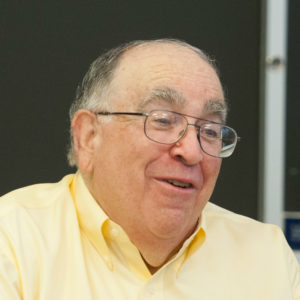
Paul Cantor
Paul Cantor is the Clifton Waller Barrett Professor of English and Comparative Literature at the University of Virginia. He has written on a wide range of subjects, including Shakespeare, Romanticism, Austrian economics, and contemporary popular culture.
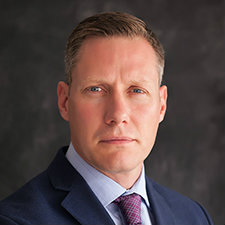
Tobin Craig
Tobin Craig is Associate Professor at Michigan State University. His studies focus on the intersection between modern political philosophy and modern science and technology. He is currently at work on a book length study of the unity of Francis Bacon’s scientific and political thought as well as a study of the place of technology in American political thought.
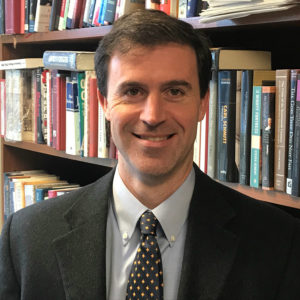
Richard M. Reinsch II
Richard M. Reinsch II is the founding editor of Liberty Fund’s online journal Law and Liberty and the host of LibertyLawTalk. He writes frequently for such publications as National Affairs, Modern Age, National Review Online, The Weekly Standard, and The University Bookman, among other publications.
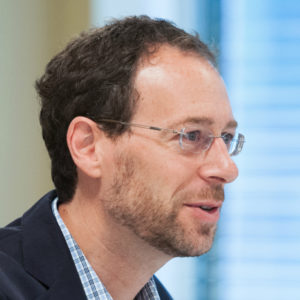
Bryan Garsten
Bryan Garsten is Professor of Political Science at Yale University. He writes on questions about political rhetoric and deliberation, the meaning of representative government, the relationship of politics and religion, and the place of emotions in political life.
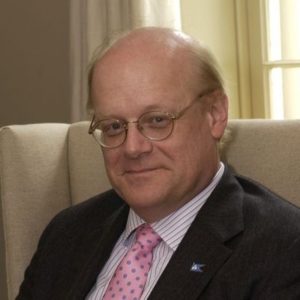
Allen C. Guelzo
Dr. Allen C. Guelzo is the Henry R. Luce Professor of the Civil War Era, and Director of Civil War Era Studies at Gettysburg College. He is the author of Abraham Lincoln: Redeemer President, which won the Lincoln Prize for 2000.
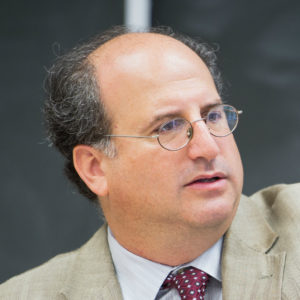
Alan M. Levine
Alan M. Levine is Associate Professor of political theory in the Department of Government and the founding director of the Political Theory Institute at American University. A specialist in the history of Western political thought, Professor Levine’s research interests include ancient and modern political theory.
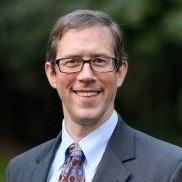
Thomas Merrill
Thomas Merrill is an associate professor in the School of Public Affairs at American University. He is the author of Hume and the Politics of Enlightenment. He is also the co-editor of three edited volumes, including The Political Thought of the Civil War.
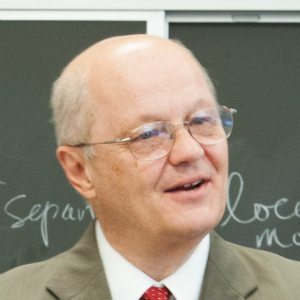
Robert Kraynak
Robert P. Kraynak is Professor of Political Science at Colgate University. He teaches courses in the fields of political philosophy and general education, including courses on American political thought, the history of Western political philosophy, natural law, religion and politics, and conservative political thought.

Matthew Continetti
Matthew Continetti is resident fellow at the American Enterprise Institute, Prior to joining AEI, he was Editor in Chief of the Washington Free Beacon. His articles and reviews have appeared in The New York Times, The Wall Street Journal, and The Washington Post.
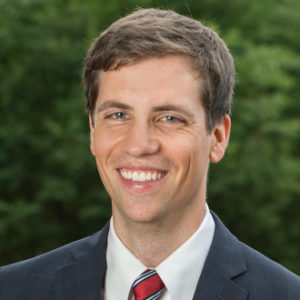
Antón Barba-Kay
Antón Barba-Kay is Associate Professor of Philosophy in the School of Philosophy at the Catholic University of America in Washington, D.C. He is finishing a book on the political philosophy of the internet, which he began while a Visiting Fellow in the James Madison Program at Princeton University.
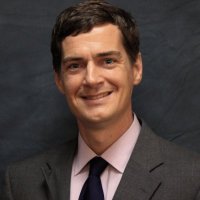
Hugh Liebert
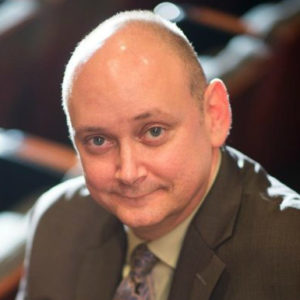
Gregory Weiner
Greg Weiner is associate professor of Political Science, founding director of the Daniel Patrick Moynihan Center for Scholarship and Statesmanship, and provost at Assumption College. He is the author of American Burke: The Uncommon Liberalism of Daniel Patrick Moynihan.
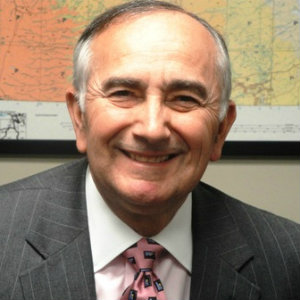
James M. Dubik
LTG James M. Dubik (U.S. Army, Ret.) is a Senior Fellow at the Institute for the Study of War and a Professor at Georgetown University’s Security Studies Program. General Dubik has extensive operational experience in Iraq, Afghanistan, Japan, Korea, Thailand, Bosnia, Haiti, Panama, Honduras, and in many NATO countries.
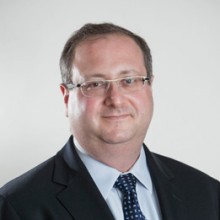
Frederick W. Kagan
Frederick W. Kagan is a Senior Instructor with the Hertog War Studies Program at the Institute for the Study of War. The author of the 2007 report “Choosing Victory: A Plan for Success in Iraq,” he is one of the intellectual architects of the successful “surge” strategy in Iraq. He is the director of AEI’s Critical Threats Project.
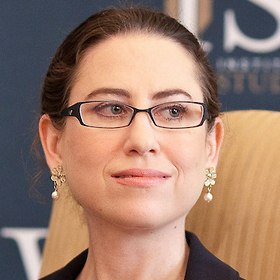
Kimberly Kagan
Kimberly Kagan is a Senior Instructor with the Hertog War Studies Program and founder and president of the Institute for the Study of War. She is a military historian who has taught at the U.S. Military Academy at West Point, Yale, Georgetown, and American University.

Vance Serchuk
Vance Serchuk is Executive Director of the KKR Global Institute and an Adjunct Senior Fellow at the Center for a New American Security. Prior to joining KKR, Mr. Serchuk served for six years as the senior national security advisor to Senator Joseph Lieberman (I-Connecticut).

Ran Baratz
Ran Baratz, professor of ancient philosophy at Shalem College, teaches philosophy, history, and Zionist thought at a variety of other Israeli institutions as well. The executive director in Israel of the Tikvah Fund’s program in political thought, economics, and strategy, he is the founding editor of Mida, a new Hebrew-language website.

Michael Doran
Michael Doran, an expert in U.S. policy toward the Middle East, radical Islam, and the Arab-Israeli conflict, is a Senior Fellow at the Hudson Institute. He has also held a number of senior U.S. government posts related to Middle East policy and strategic communication.
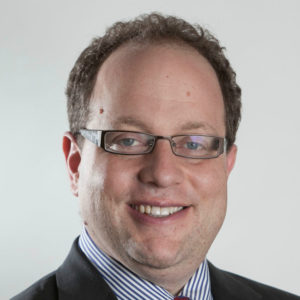
Daniel Blumenthal
Daniel Blumenthal is the Director of Asian Studies at the American Enterprise Institute, where he focuses on East Asian security issues and Sino-American relations. Mr. Blumenthal has both served in and advised the U.S. government on China issues for over a decade.
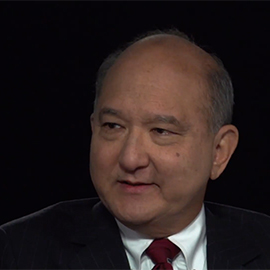
Stephen Peter Rosen
Stephen Peter Rosen is the Beton Michael Kaneb Professor of National Security and Military Affairs at Harvard University. He was the civilian assistant to the Director of the Office of Net Assessment in the Office of the Secretary of Defense.
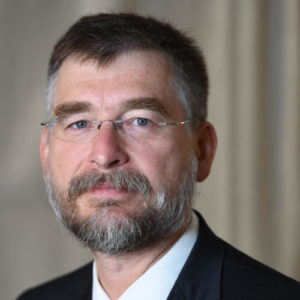
Jakub J. Grygiel
Jakub Grygiel is an Associate Professor at the Catholic University of America. From 2017–18, he was a member of the Policy Planning Staff at the U.S. Department of State. His most recent book is Return of the Barbarians: Confronting Non-State Actors from Ancient Rome to the Present.
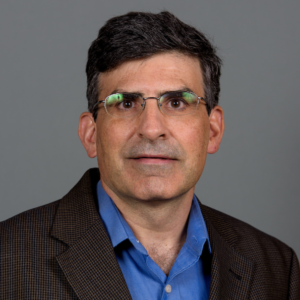
Paul Carrese
Paul O. Carrese is the founding Director of the School of Civic and Economic Thought and Leadership at Arizona State University. He is author of The Cloaking of Power: Montesquieu, Blackstone, and the Rise of Judicial Activism, and co-editor of three other books on George Washington, constitutionalism, and U.S. grand strategy.

Daniel Johnson
Daniel Johnson is an author, journalist, and founding editor of Standpoint, a monthly British cultural and political magazine. He is the author of White King and Red Queen: How the Cold War was Fought on the Chessboard.
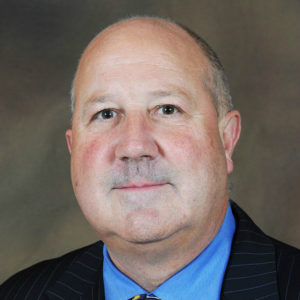
Steven F. Hayward
Steven F. Hayward is a senior resident scholar at the Institute of Governmental Studies at UC Berkeley, Senior Fellow of the Claremont Institute, and a visiting lecturer at Boalt Hall Law School. Hayward is the author of a two-volume narrative history of Ronald Reagan and his effect on American political life, The Age of Reagan: The Fall of the Old Liberal Order, 1964-1980, and The Age of Reagan: The Conservative Counter-Revolution, 1980-1989.
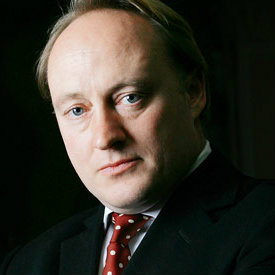
Andrew Roberts
Andrew Roberts is presently a Visiting Professor at the War Studies Department at King’s College, London and the Lehrman Institute Lecturer at the New-York Historical Society. He is the author or editor of numerous books, including Masters and Commanders, which won the Emery Reves Award of the International Churchill Society and was shortlisted for The Duke of Westminster’s Gold Medal for Military History and The British Army Military Book Award. He is presently writing a biography of Sir Winston Churchill.
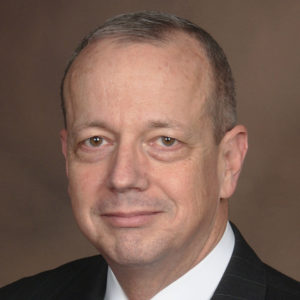
John R. Allen
John R. Allen is President of the Brookings Institution and a retired U.S. Marine Corps four-star general. He previously served as commander of the International Security Assistance Force in Afghanistan and special presidential envoy to the Global Coalition to Counter ISIL.
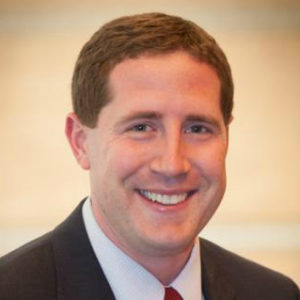
Christopher J. Griffin
Christopher Griffin is a national security expert, specializing in U.S. foreign and defense policy toward the Asia-Pacific. He served as legislative director to Senator Joseph I. Lieberman, advising the senator on the full range of legislative proposals and key votes. He serves as a Field Artillery Officer in the Army National Guard.
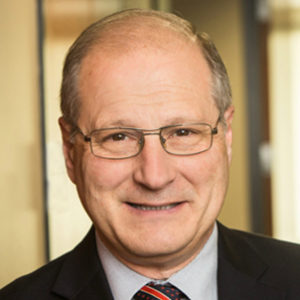
Eric S. Edelman
Eric S. Edelman is a Counselor at the Center for Strategic and Budgetary Assessments and the Roger Hertog Distinguished Practitioner-in-Residence at the Philip Merrill Center for Strategic Studies at Johns Hopkins. He has served as U.S. ambassador to the Republics of Finland and Turkey.
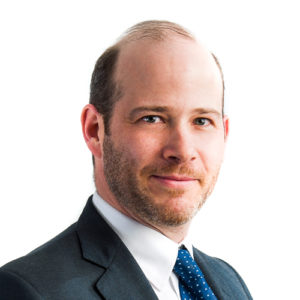
Eric Brown
Eric Brown is a senior fellow at Hudson Institute where he studies Asian and Middle East affairs, international security and development, alternative geopolitical futures, and U.S. diplomacy and strategy. In recent years, his work has focused on the contest over order in West Asia, the geostrategic ramifications of growing Trans-Asian connectivity, coping with state fragility, and U.S. security strategy.
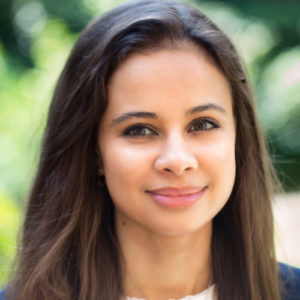
Nataliya Bugayova
Nataliya Bugayova is a Research Fellow at the Institute for the Study of War (ISW), where she leads the Russia and Ukraine portfolio. Her work focuses on the Kremlin’s foreign policy decision-making and ongoing global campaigns. Prior to ISW, she was the Chief Executive Officer of the Kyiv Post, Ukraine’s independent English-language publication.
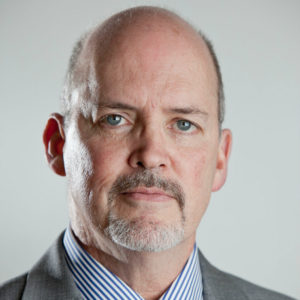
Gary Schmitt
Gary Schmitt is the co-director of the Marilyn Ware Center for Security Studies at AEI and the director of AEI’s Program on American Citizenship. Mr. Schmitt is a former staff director of the Senate Select Committee on Intelligence.
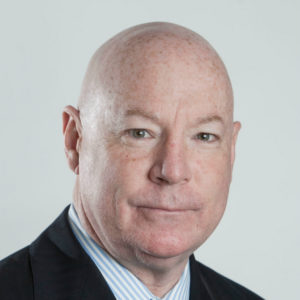
Thomas Donnelly
Thomas Donnelly, a defense and security policy analyst, is the co-director of the Marilyn Ware Center for Security Studies at AEI. From 1995 to 1999, he was policy group director and a professional staff member for the House Committee on Armed Services.
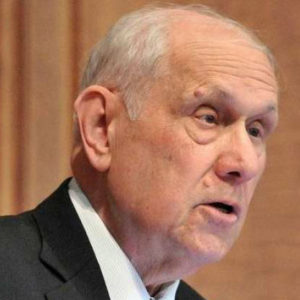
Donald Kagan
Donald Kagan is the Sterling Professor Emeritus of Classics and History at Yale University. His four-volume History of the Peloponnesian War is the leading scholarly work on the subject. He is also the author of many books on ancient and modern topics, including On the Origins of War and the Preservation of Peace.

Jakub Grygiel
Jakub Grygiel is an Associate Professor at the Catholic University of America. From 2017–18, he was a member of the Policy Planning Staff at the U.S. Department of State. His most recent book is Return of the Barbarians: Confronting Non-State Actors from Ancient Rome to the Present.
H. R. McMaster
H. R. McMaster is the Fouad and Michelle Ajami Senior Fellow at the Hoover Institution, Stanford University. Previously, he served as the 26th assistant to the president for National Security Affairs and as a commissioned officer in the United States Army for 34 years before retiring as a Lieutenant General. He is author of Battlegrounds: The Fight to Defend the Free World.
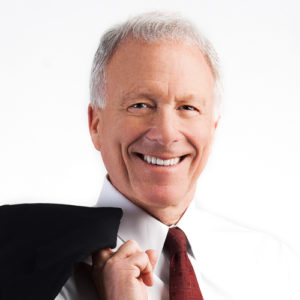
Lewis Libby
Lewis Libby is Senior Vice President of Hudson Institute. Before joining Hudson, Libby held several high level positions in the federal government related to his current work on national security and homeland security affairs.
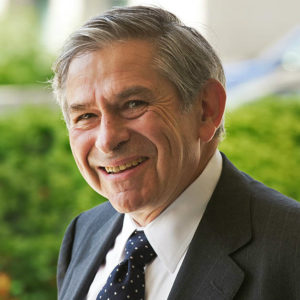
Paul Wolfowitz
Paul Wolfowitz is a scholar at the American Enterprise Institute. He spent more than three decades in public service and higher education. Most recently, he served as president of the World Bank and deputy secretary of defense.
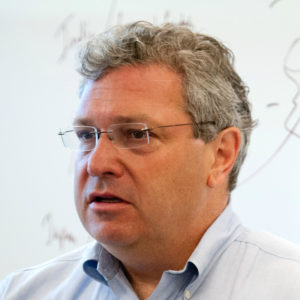
Robert Kagan
Robert Kagan is a senior fellow with the Project on International Order and Strategy in the Foreign Policy program at the Brookings Institution. He is a contributing columnist at The Washington Post. His most recent book is The New York Times bestseller, The World America Made.
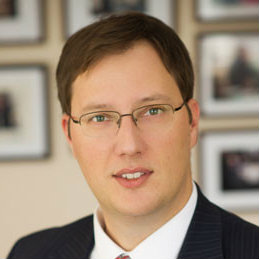
Adam J. White
Adam J. White is a Resident Scholar at the American Enterprise Institute, and an Assistant Professor at George Mason University’s Antonin Scalia Law School, where he also directs the Gray Center for the Study of the Administrative State at George Mason University’s Antonin Scalia Law School.
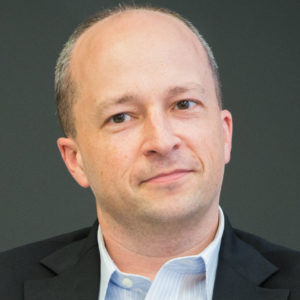
Yuval Levin
Yuval Levin is a Resident Scholar and Director of Social, Cultural, and Constitutional Studies at the American Enterprise Institute and the Editor of National Affairs magazine. Mr. Levin served on the White House domestic policy staff under President George W. Bush.
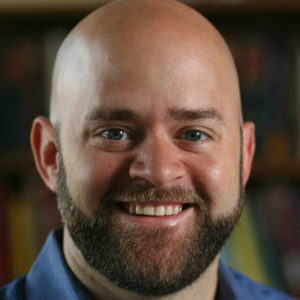
Carter Snead
Carter Snead is internationally recognized as a leading expert in public bioethics. His research explores issues relating to neuroethics, enhancement, stem cell research, abortion, and end-of-life decision-making. He is also the editor of two book series for the University of Notre Dame Press – “Catholic Ideas for a Secular World,” and “Notre Dame Studies in Medical Ethics.”
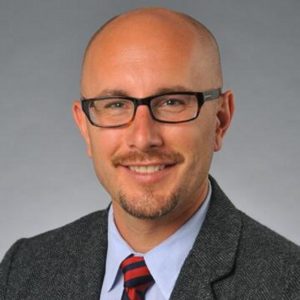
Daniel DiSalvo
Daniel DiSalvo is a Senior Fellow at the Manhattan Institute’s Center for State and Local Leadership and an Assistant Professor of Political Science at The City College of New York-CUNY. His scholarship focuses on American political parties, elections, labor unions, state government, and public policy.
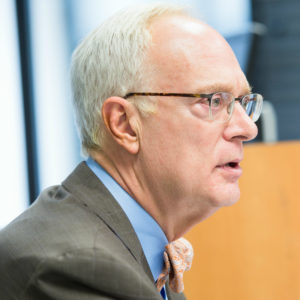
Christopher DeMuth
Christopher DeMuth is a Distinguished Fellow at the Hudson Institute in Washington, D.C. He was President of the American Enterprise Institute for Public Policy Research from 1986–2008 and D.C. Searle Senior Fellow at AEI from 2008–2011.
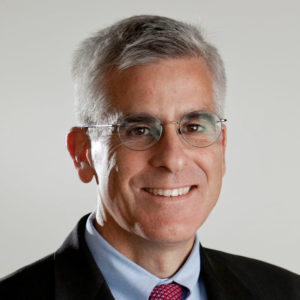
James C. Capretta
James C. Capretta is a Resident Fellow and holds the Milton Friedman Chair at the American Enterprise Institute, where he studies health care, entitlement, and US budgetary policy, as well as global trends in aging, health, and retirement programs. Mr. Capretta spent more than 16 years in public service.
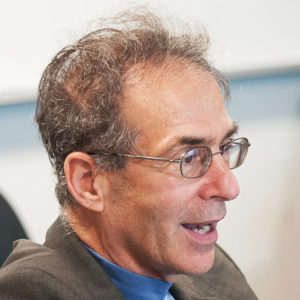
James W. Ceaser
James W. Ceaser is Harry F. Byrd Professor of Politics at the University of Virginia, where he has taught since 1976, and a senior fellow at the Hoover Institution. He has written several books on American politics and political thought, including Presidential Selection and Liberal Democracy and Political Science.
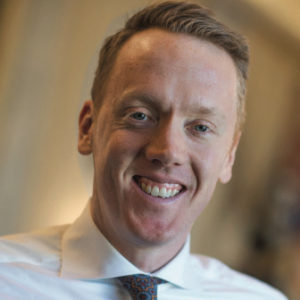
Christian Brose
Christian Brose is a Senior Fellow at the Carnegie Endowment for International Peace and the Head of Strategy at Anduril Industries, prior to which he served as staff director of the Senate Armed Services Committee. He was also responsible for leading the production, negotiation, and passage of four National Defense Authorization Acts, which set policy and authorized spending for all U.S. national defense activities.
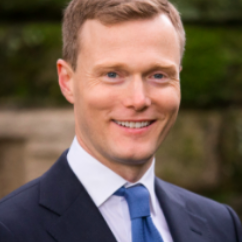
Matthew Kroenig
Matthew Kroenig is a Professor in the Department of Government and the Edmund A. Walsh School of Foreign Service at Georgetown University. A 2019 study in Perspectives on Politics ranked him as one of the top 25 most-cited political scientists of his generation. He has served in several positions in the U.S. Department of Defense and the intelligence community in the Bush and Obama administrations.
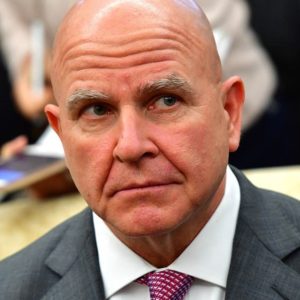
H.R. McMaster
H. R. McMaster is the Fouad and Michelle Ajami Senior Fellow at the Hoover Institution, Stanford University. Previously, he served as the 26th assistant to the president for National Security Affairs and as a commissioned officer in the United States Army for 34 years before retiring as a Lieutenant General. He is author of Battlegrounds: The Fight to Defend the Free World.

Greg Weiner
Greg Weiner is associate professor of Political Science, founding director of the Daniel Patrick Moynihan Center for Scholarship and Statesmanship, and provost at Assumption College. He is the author of American Burke: The Uncommon Liberalism of Daniel Patrick Moynihan.
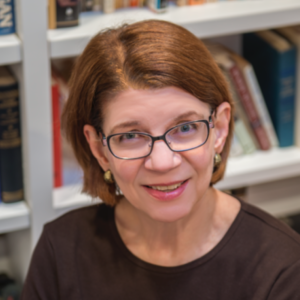
Martha Bayles
Martha Bayles is an Associate Professor of Humanities at Boston College, where she teaches a year-long course titled, “From Homer to Dante” and various senior seminars. Her research centers around popular culture and cultural history. She has previously served as a lecturer at Harvard University and Claremont McKenna College.